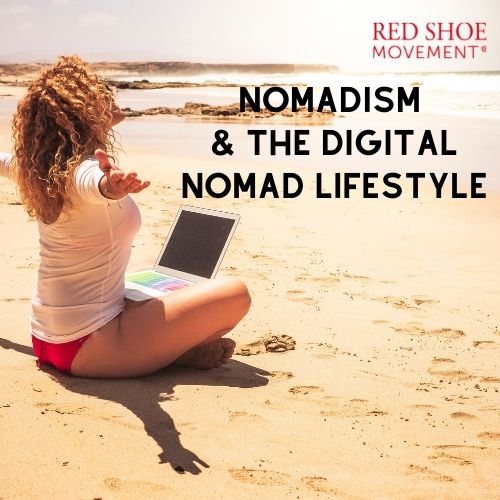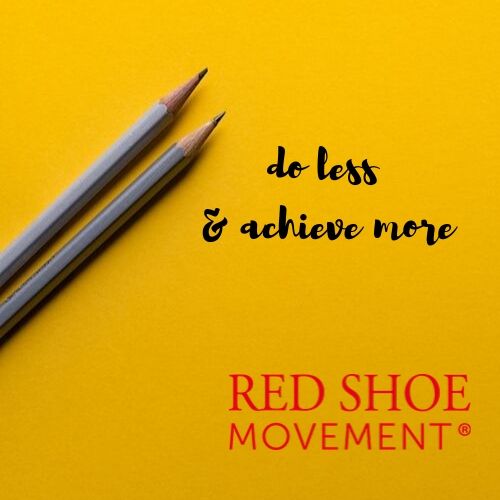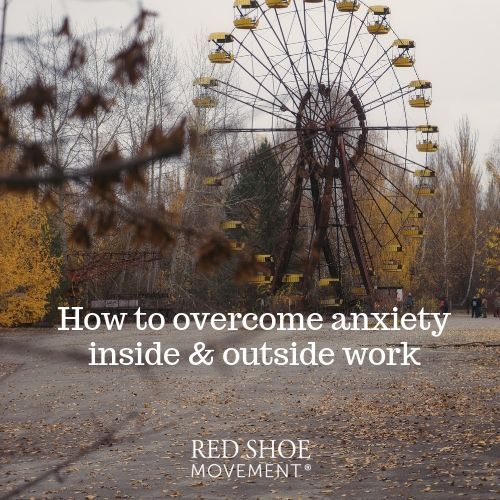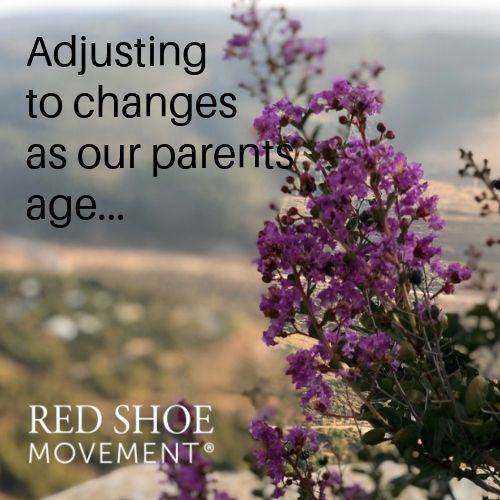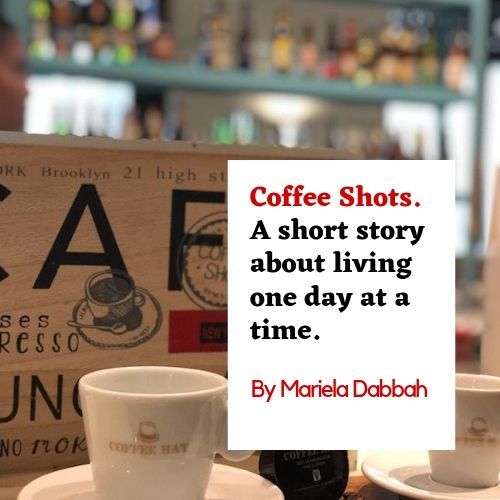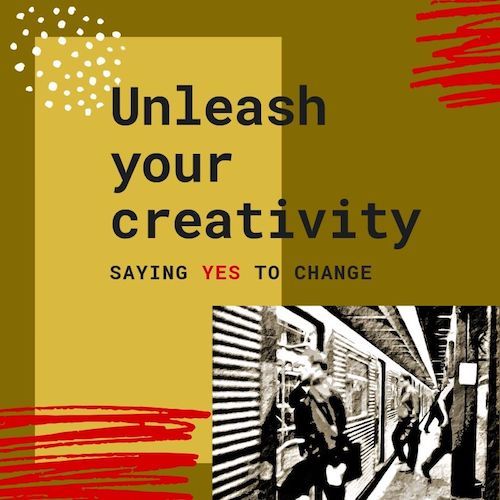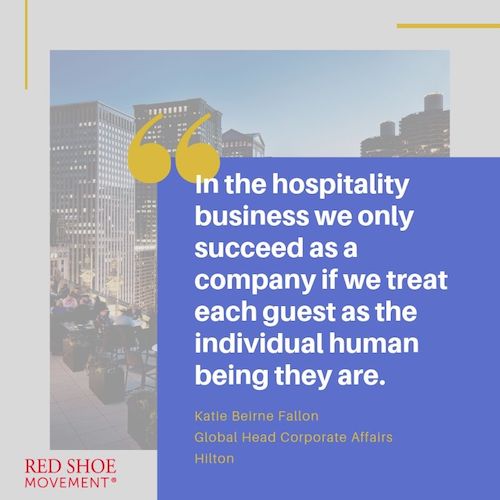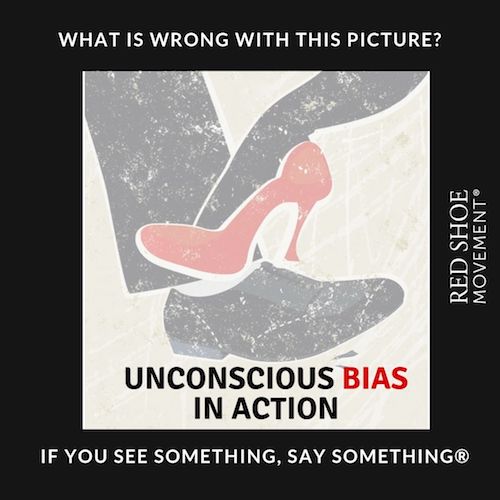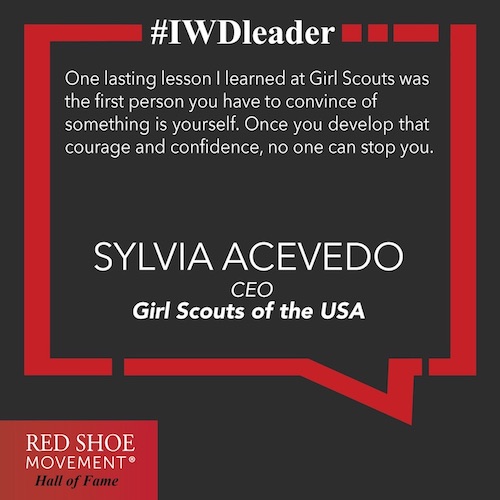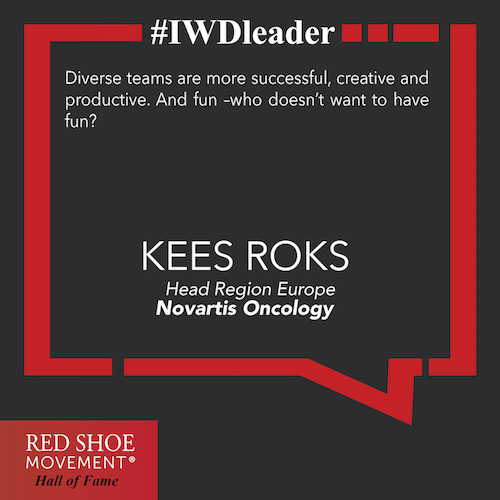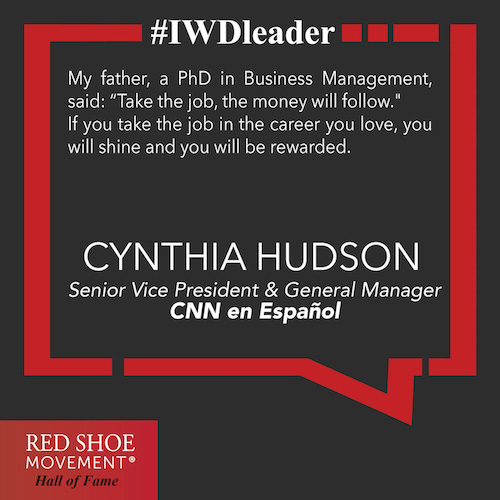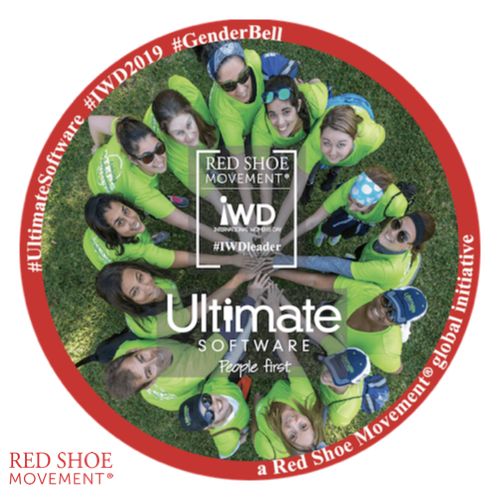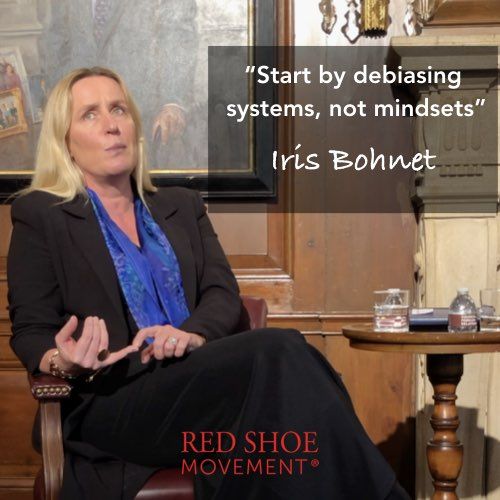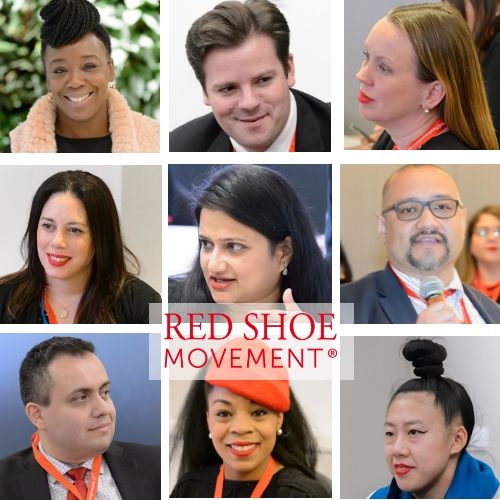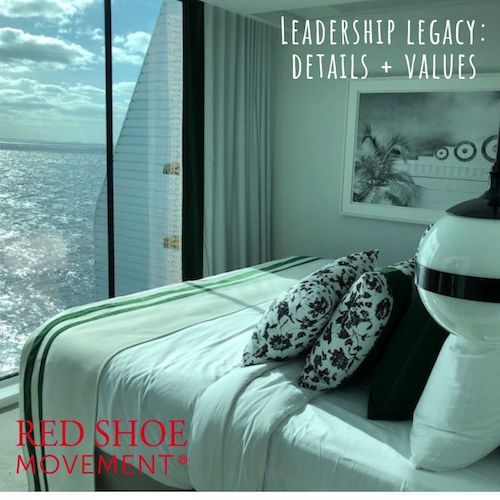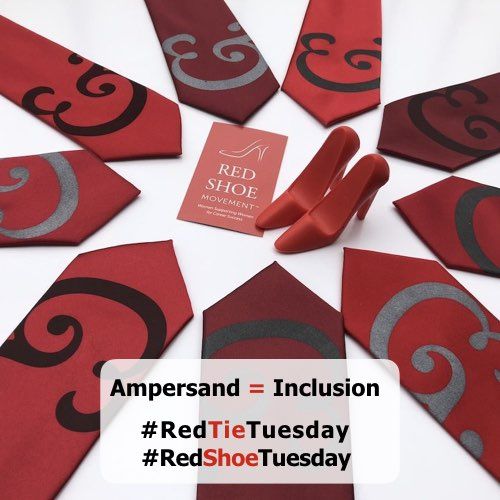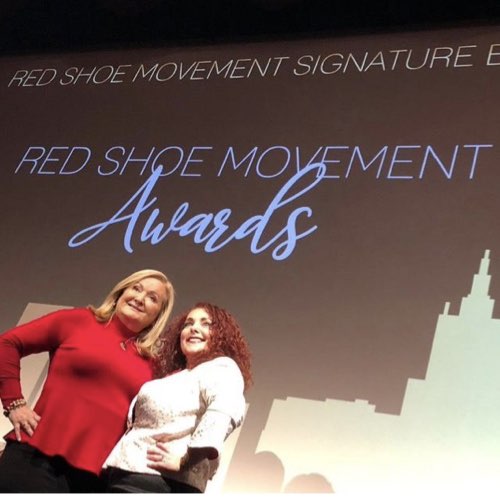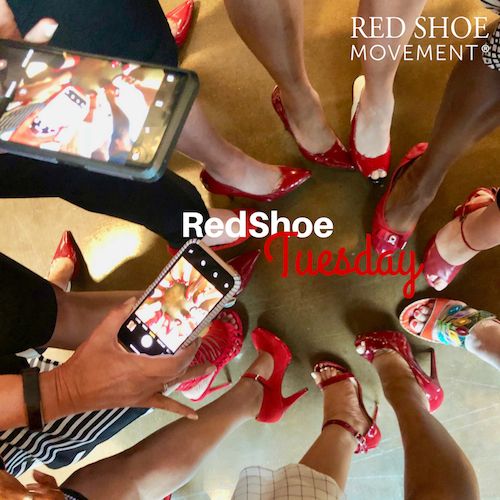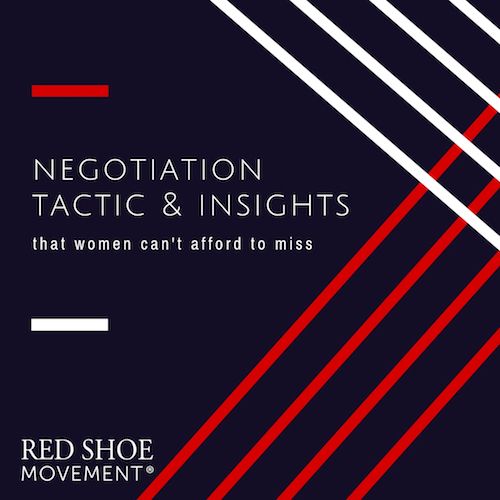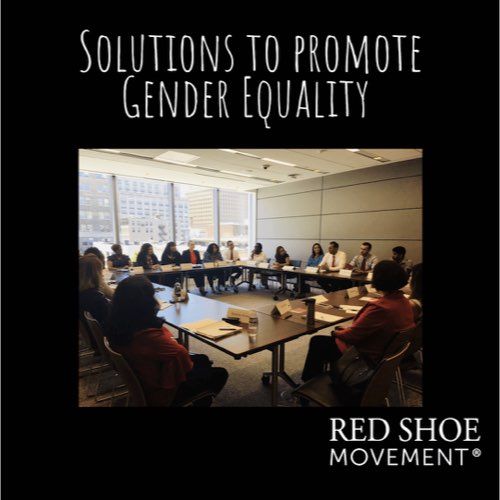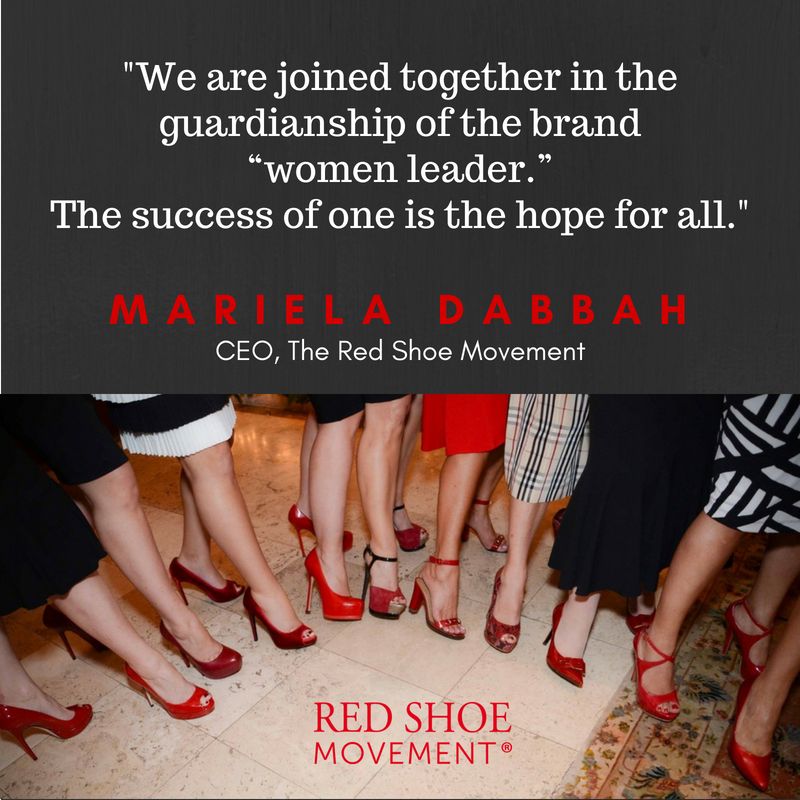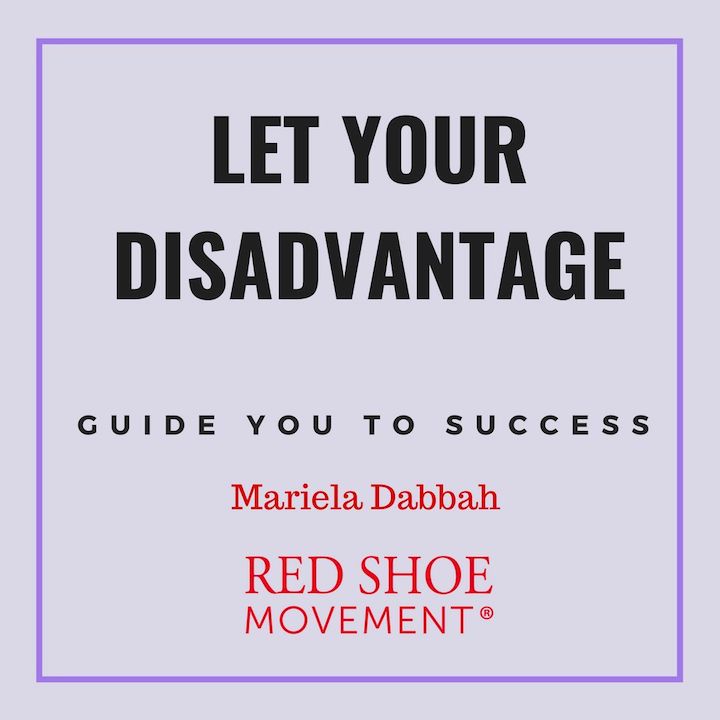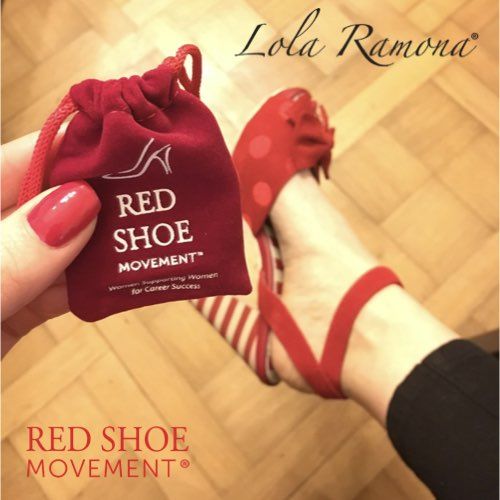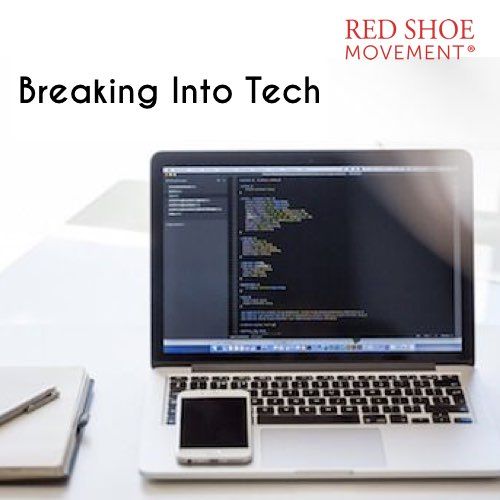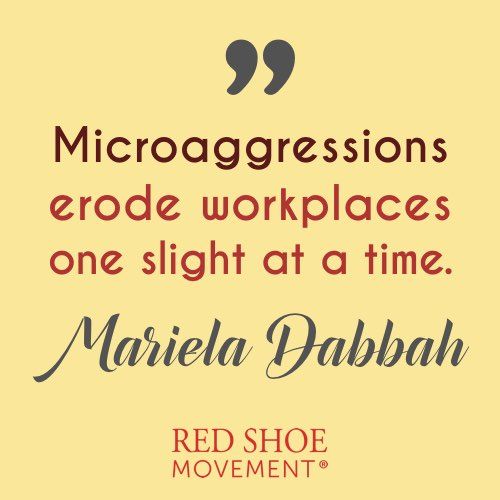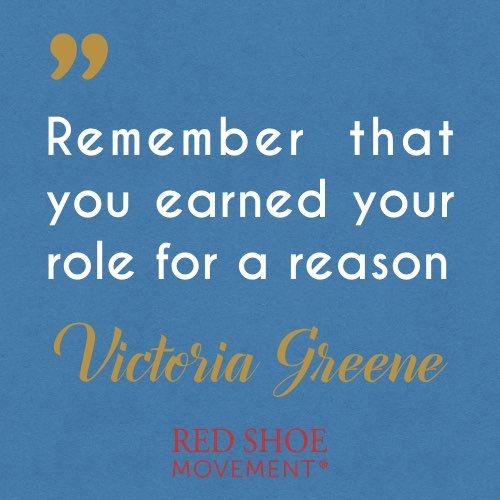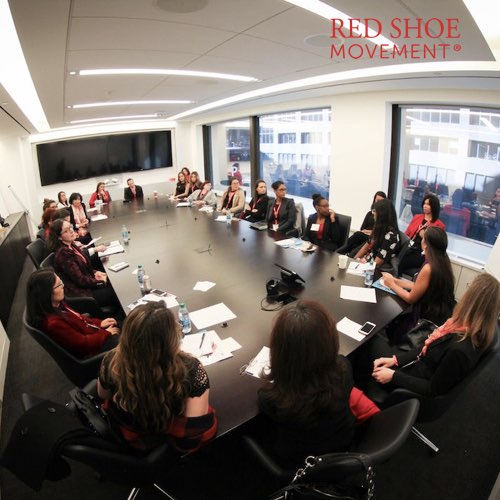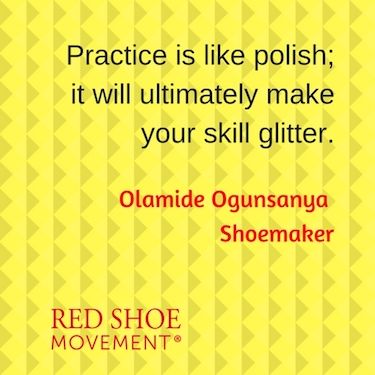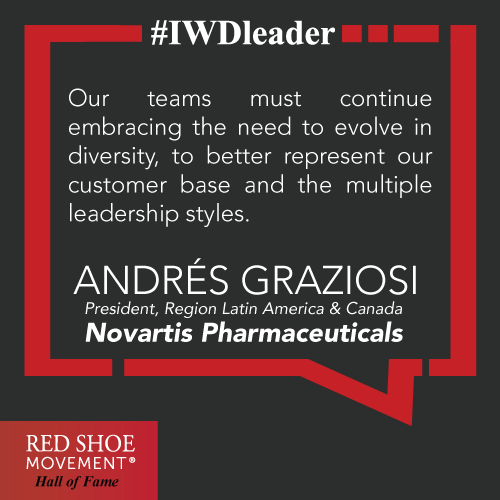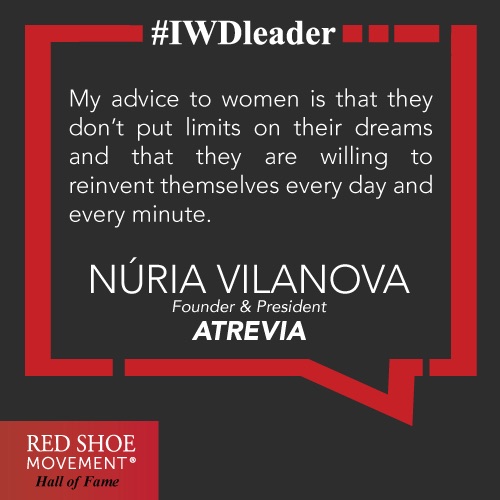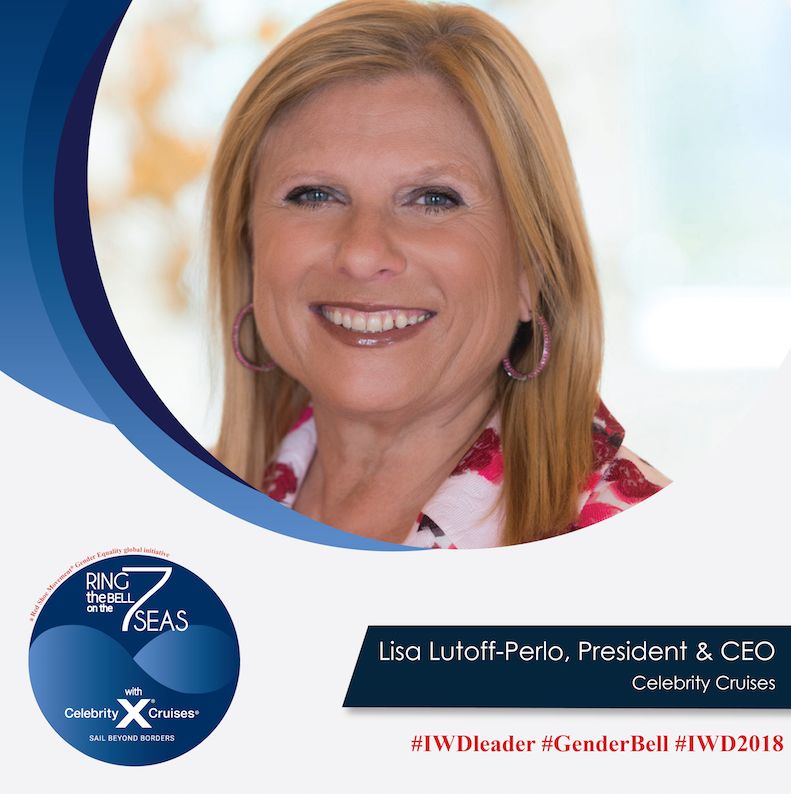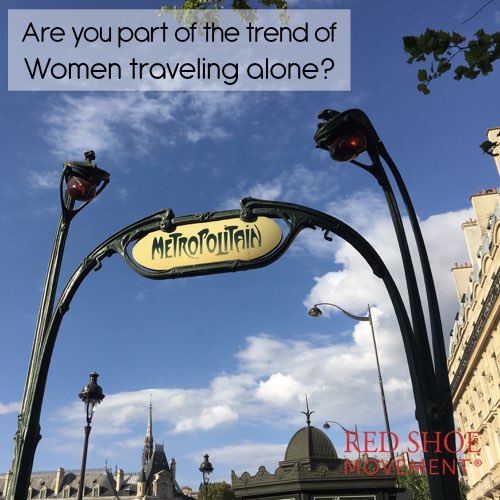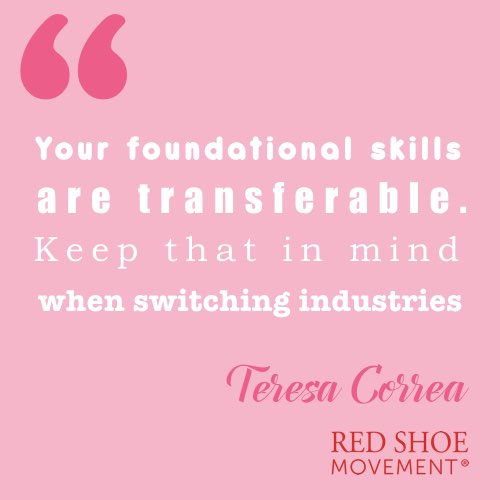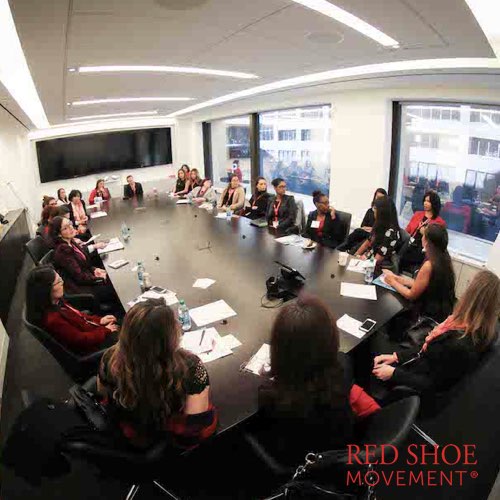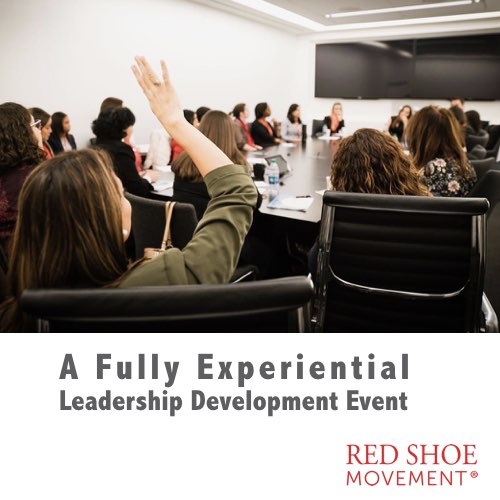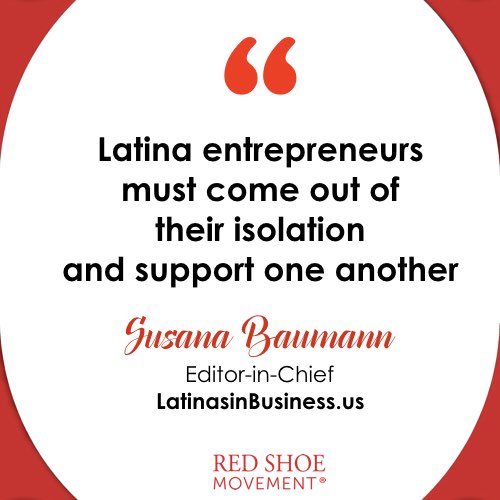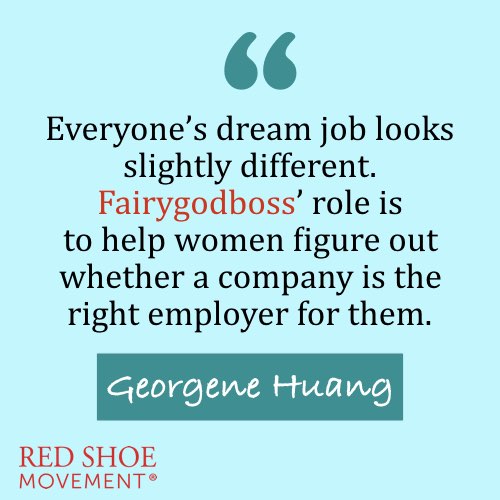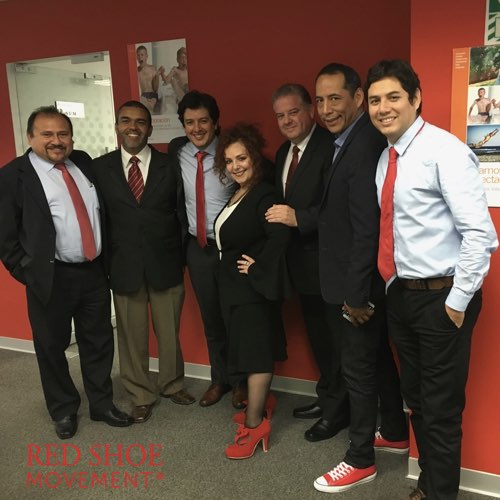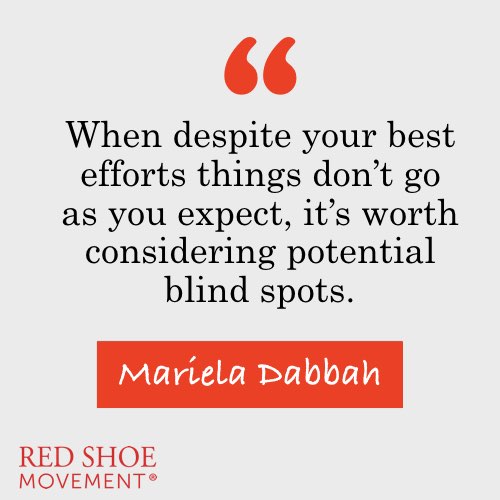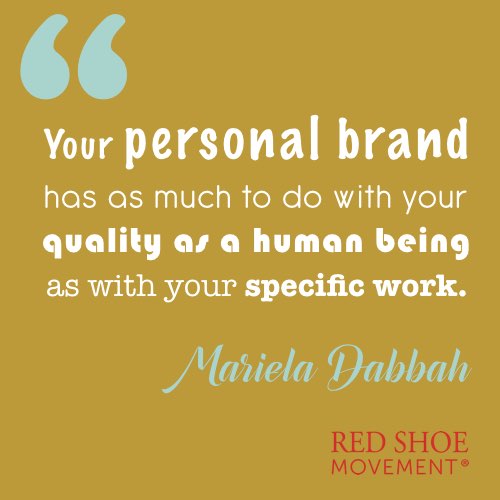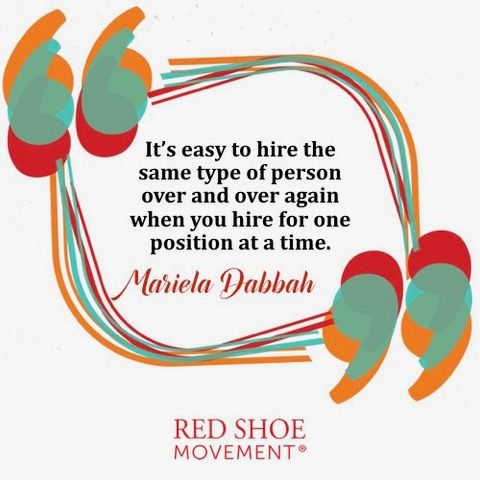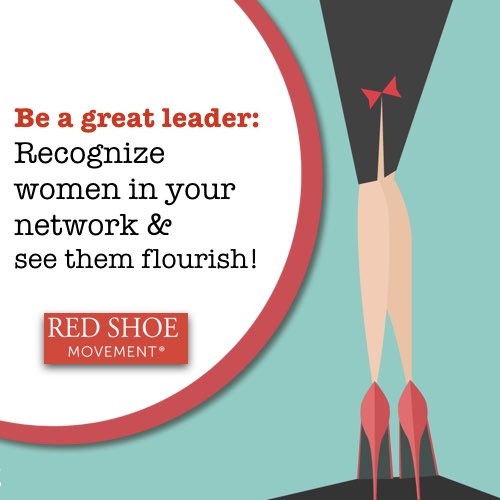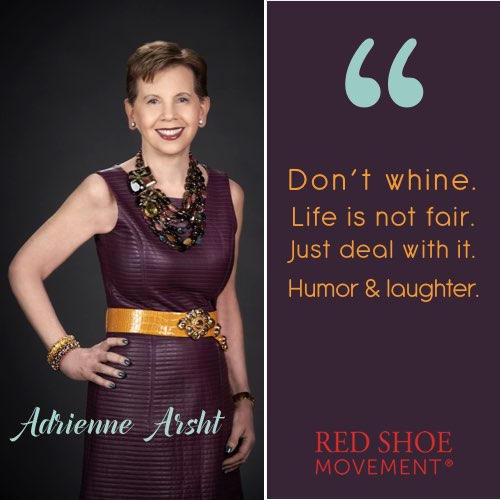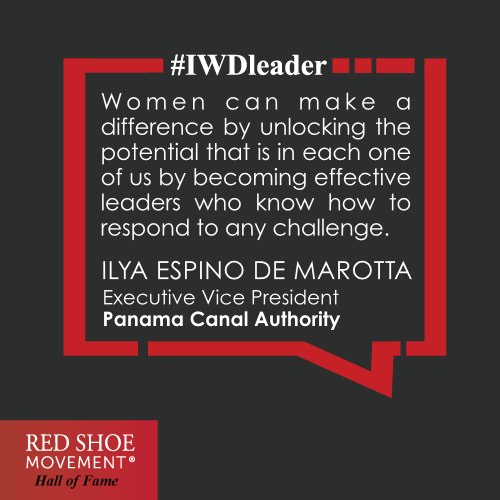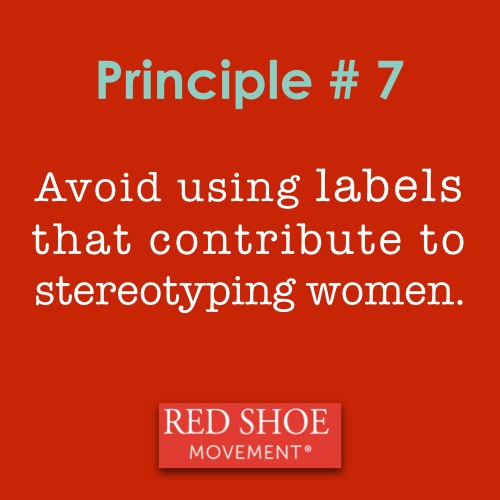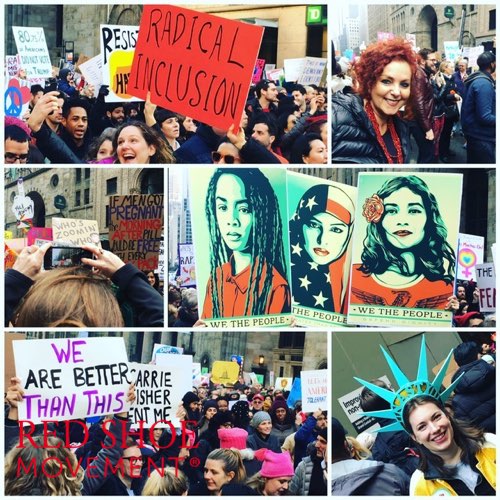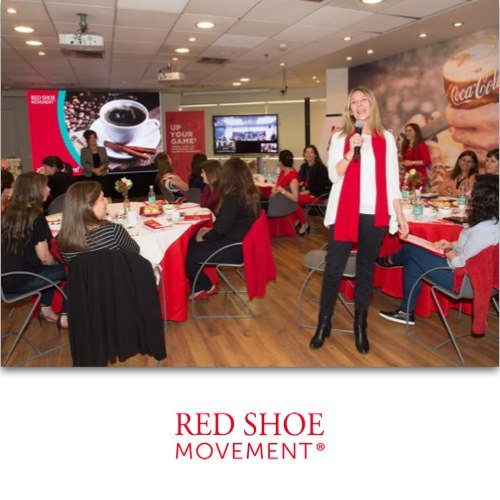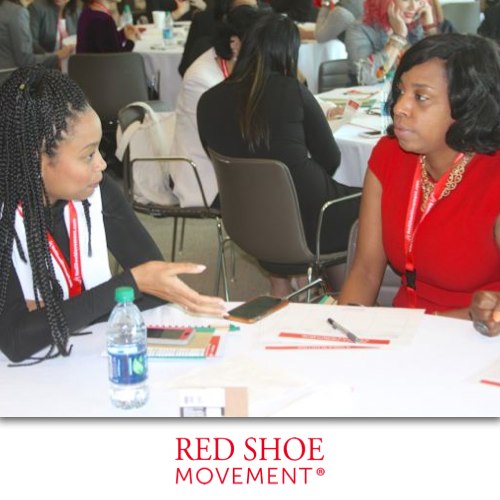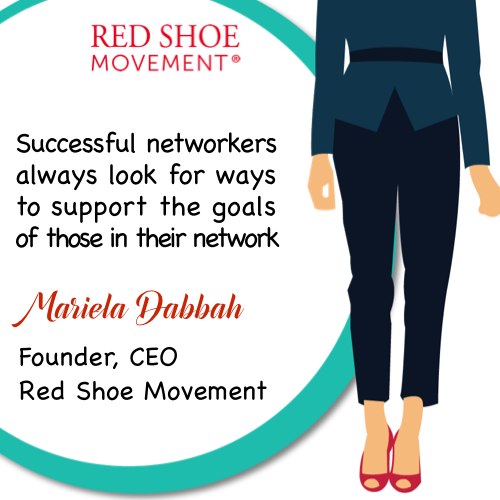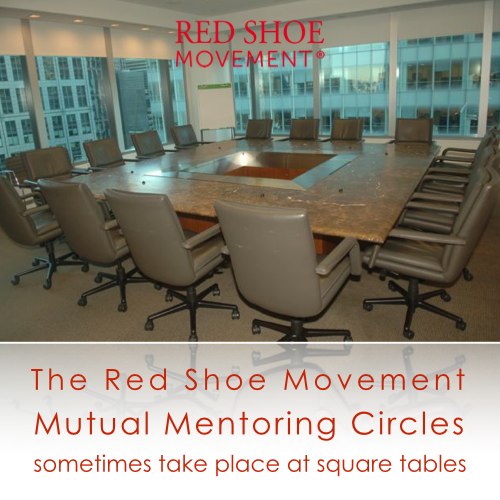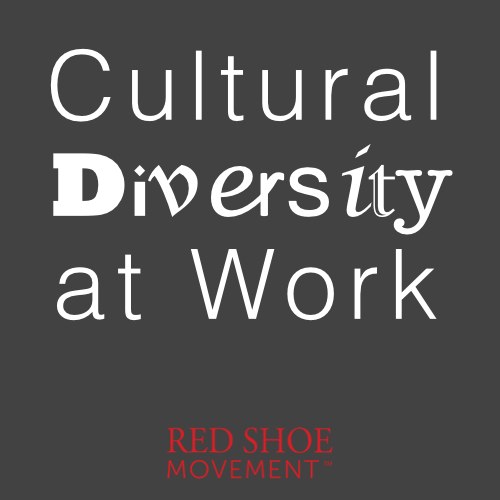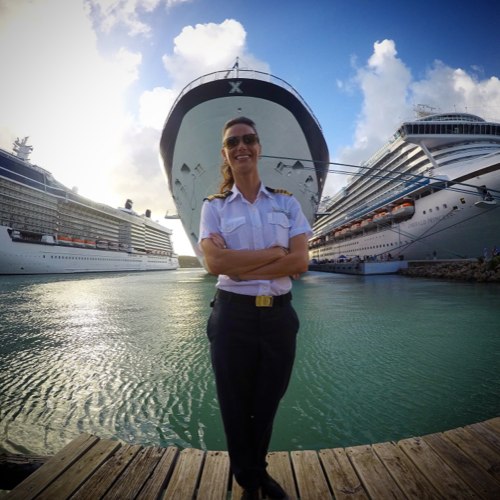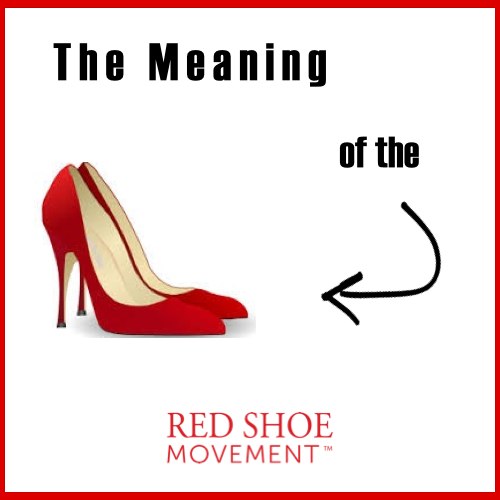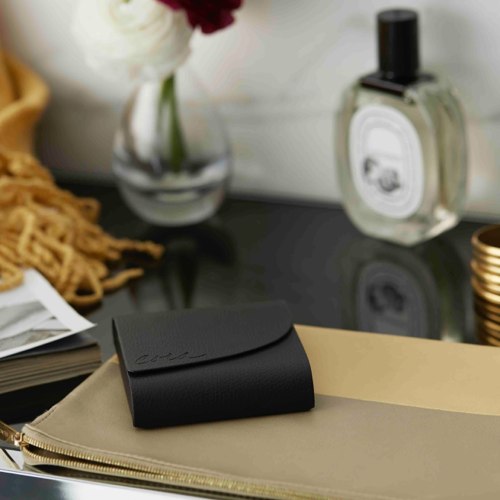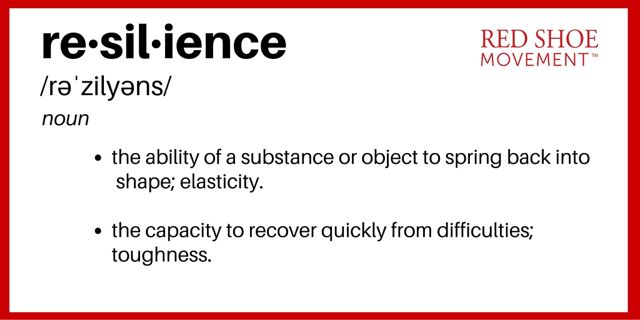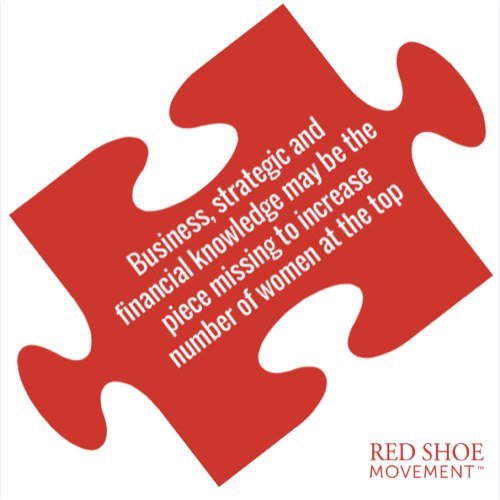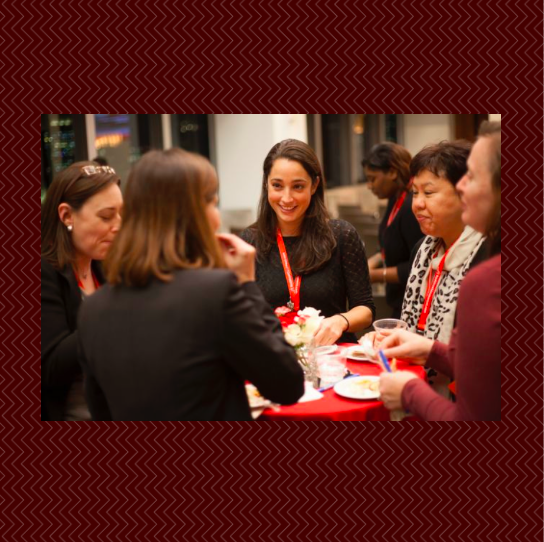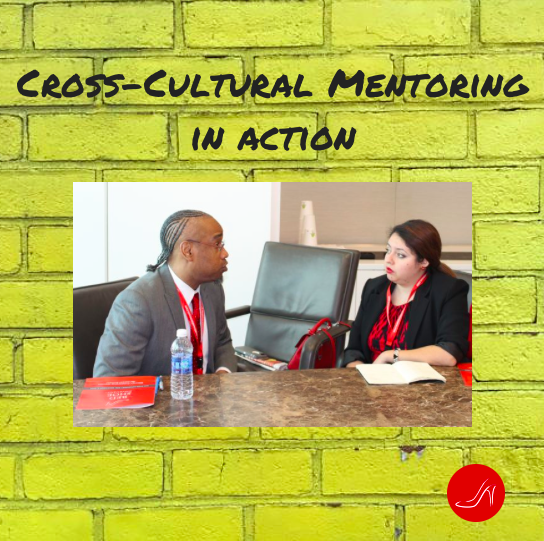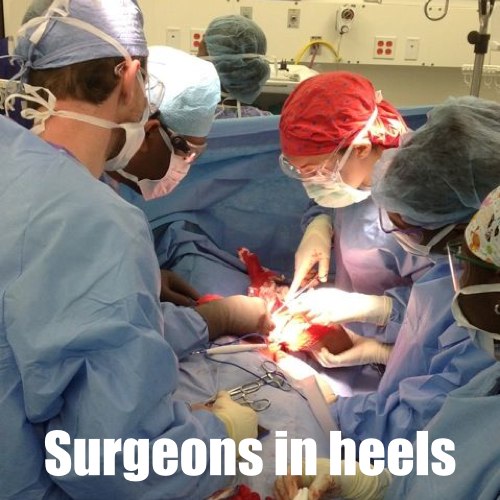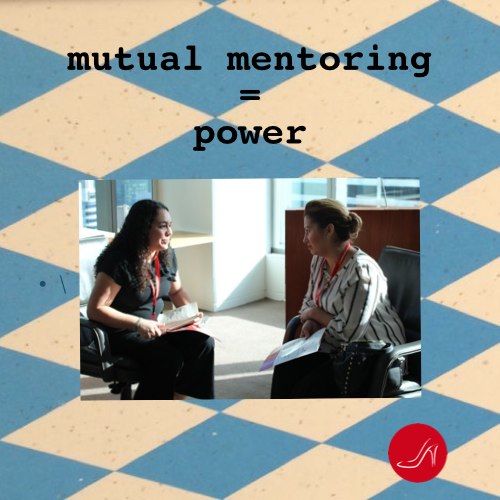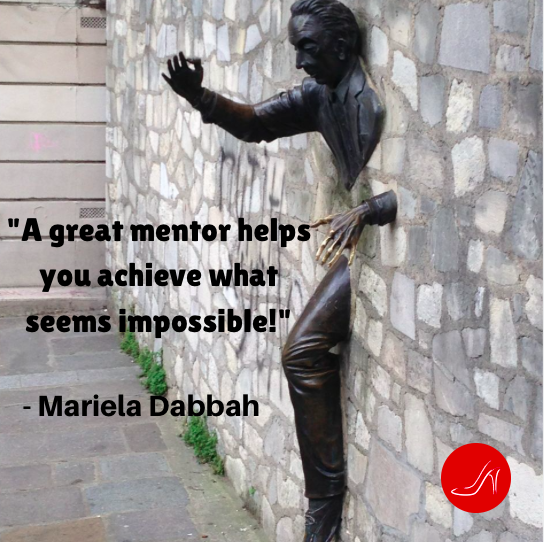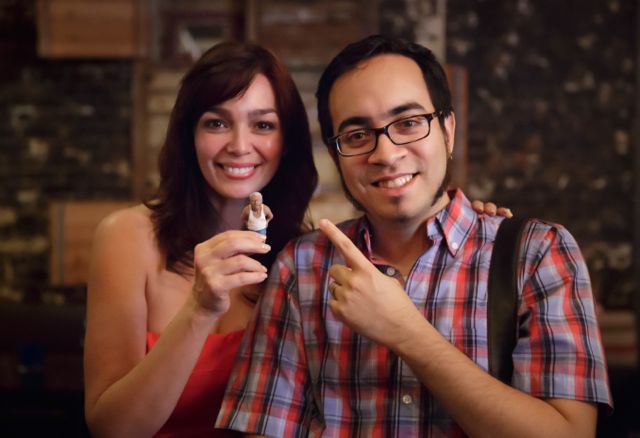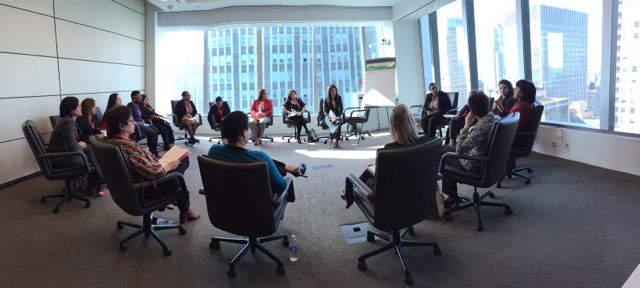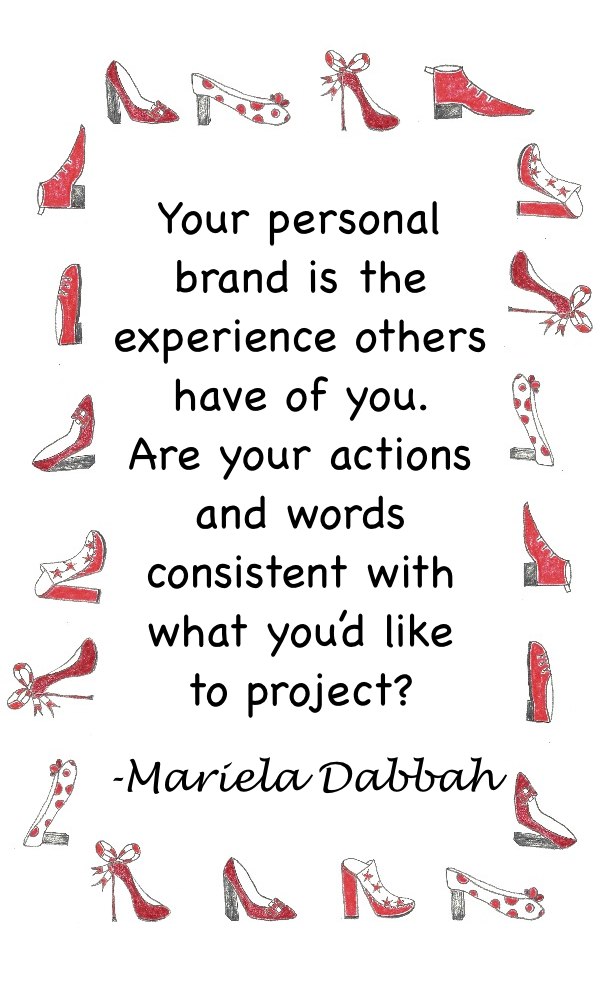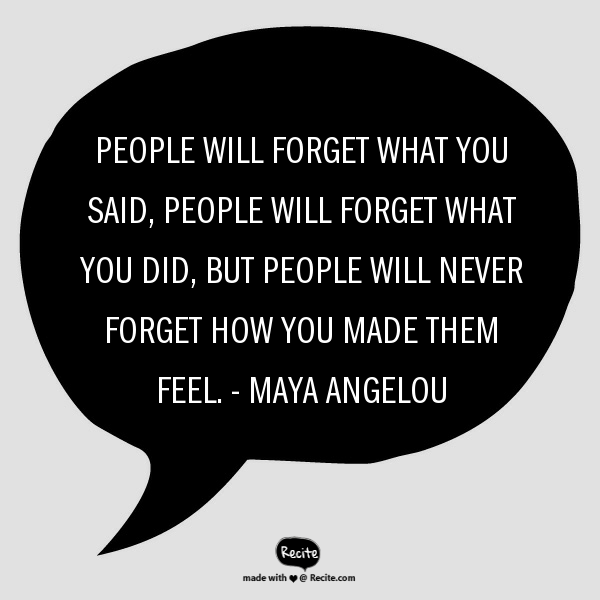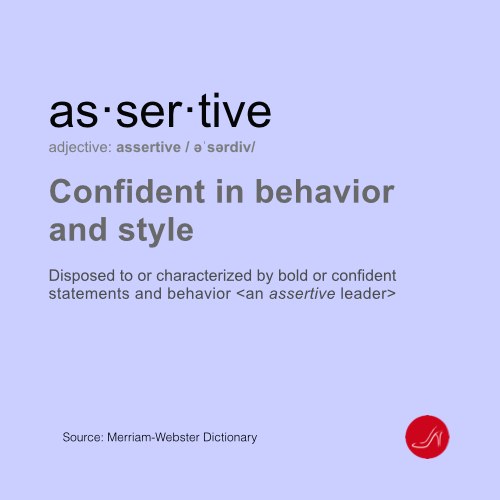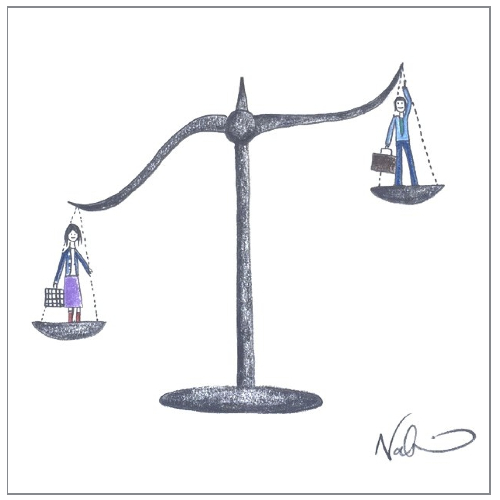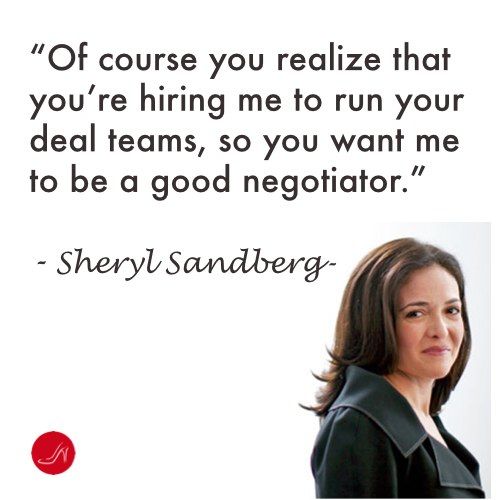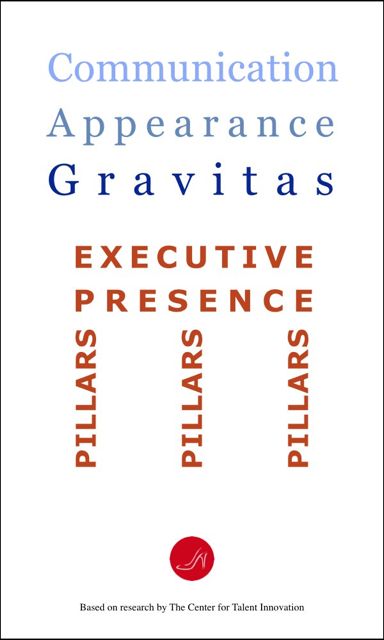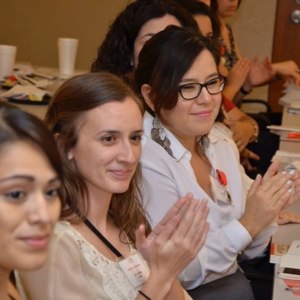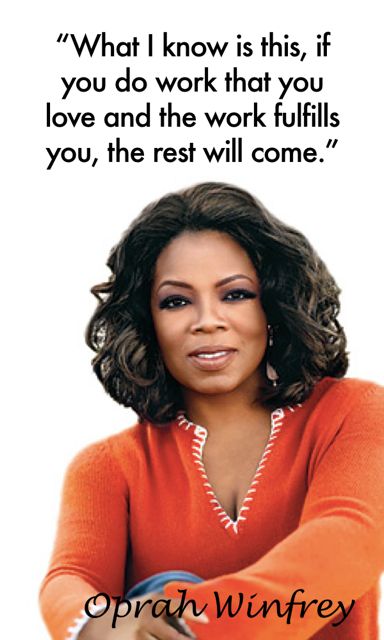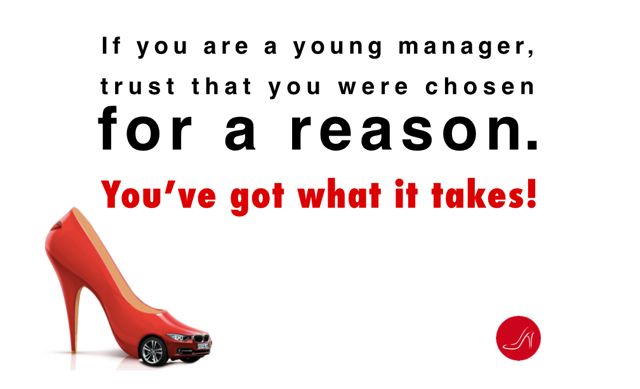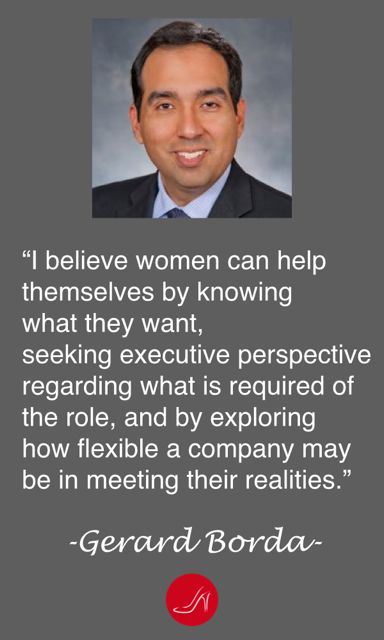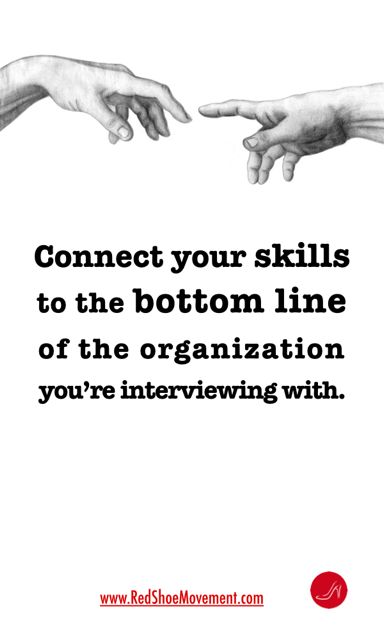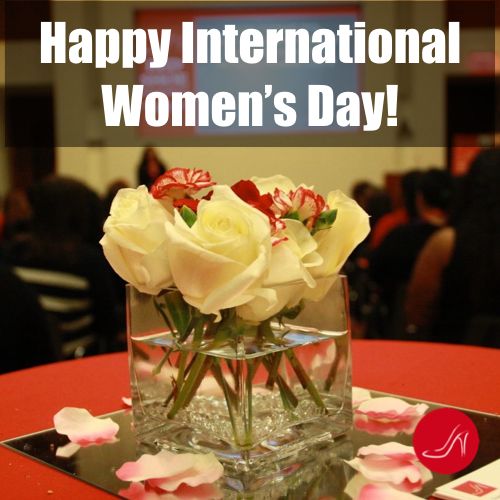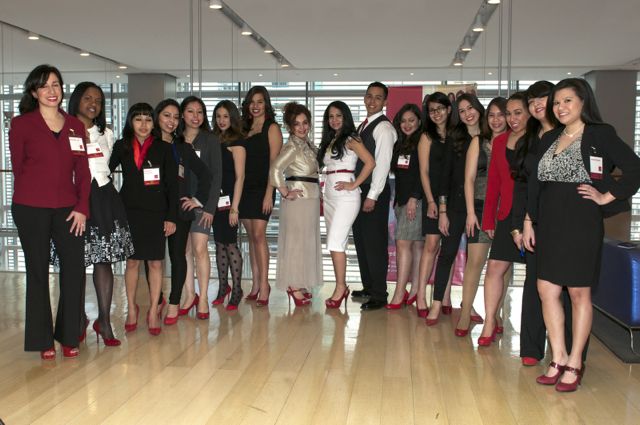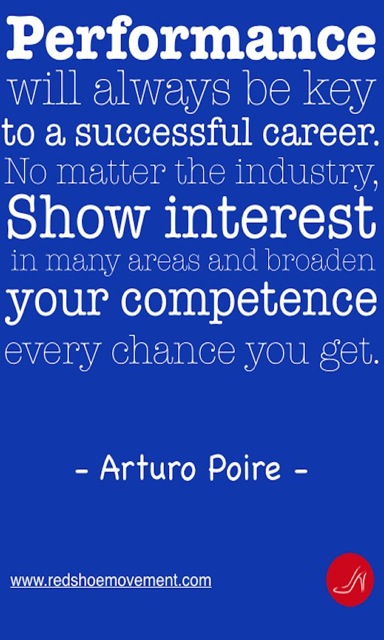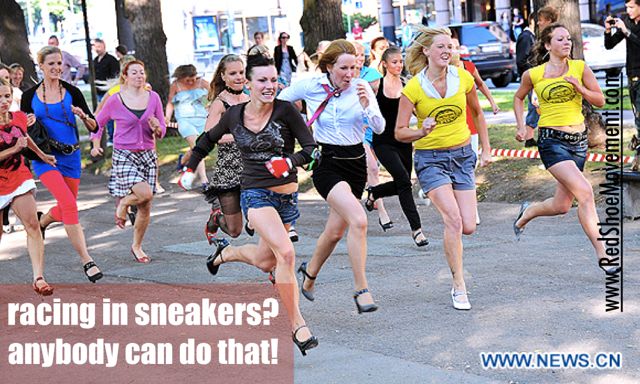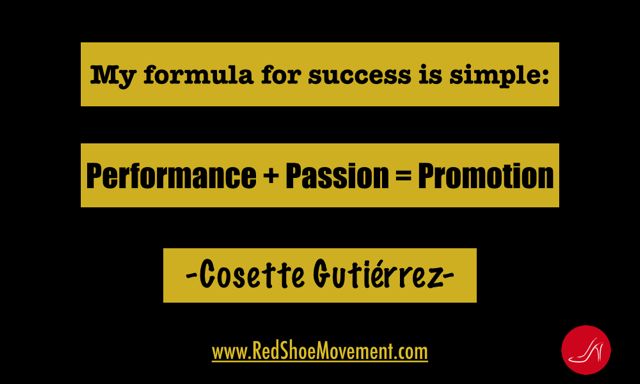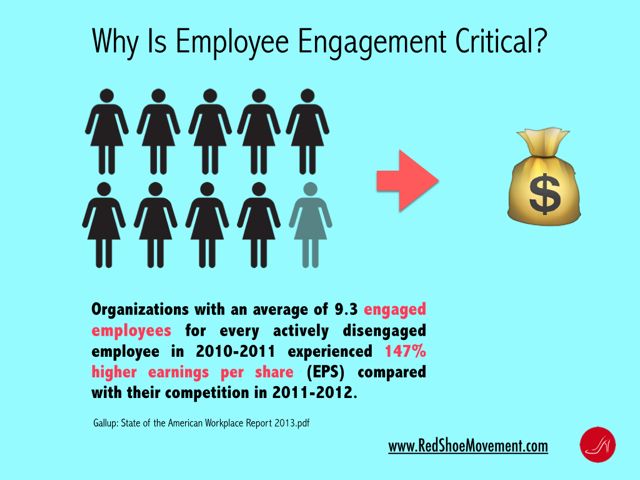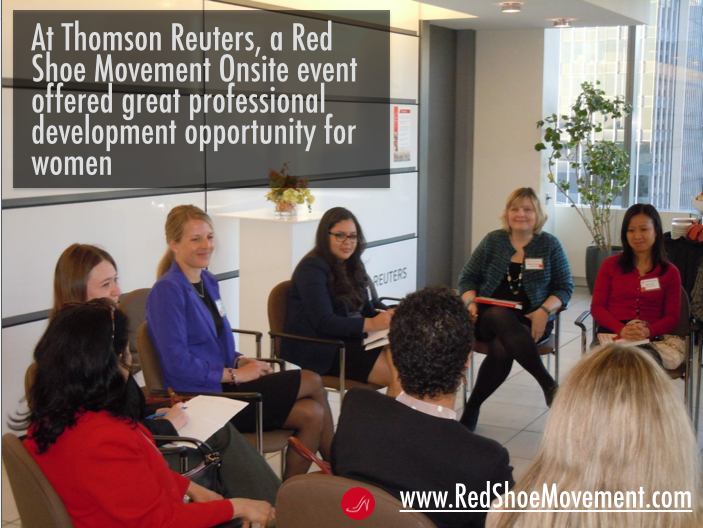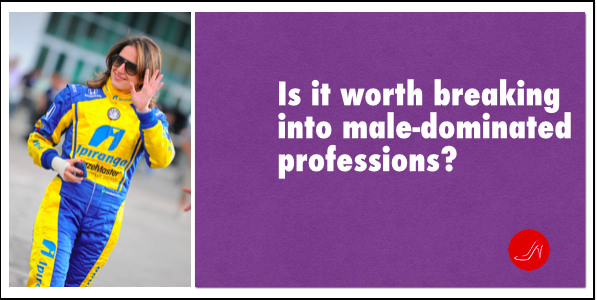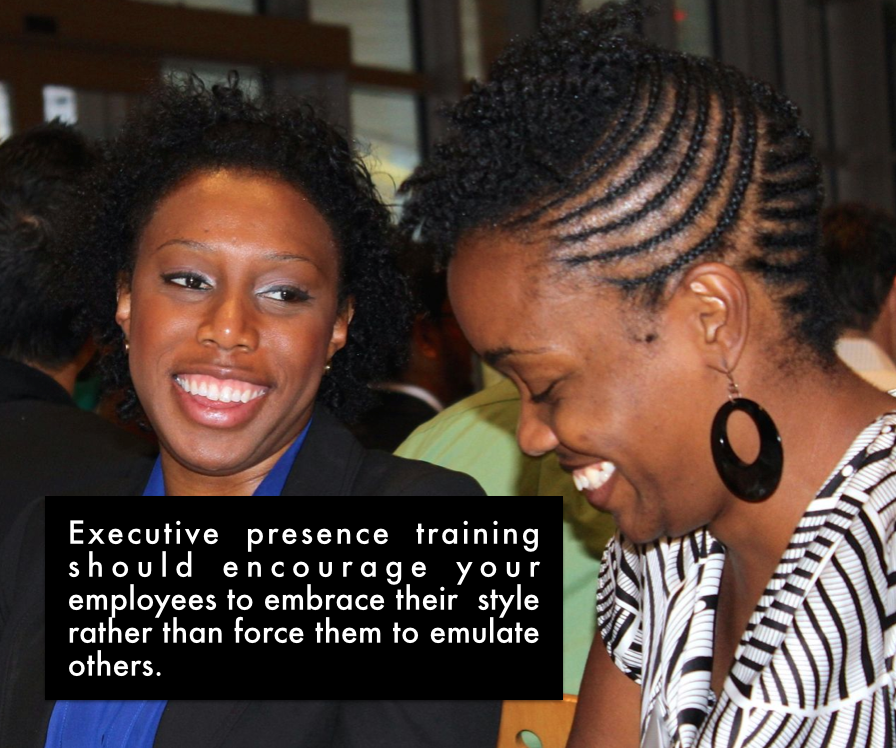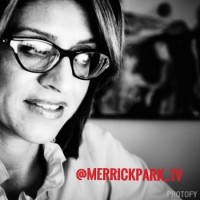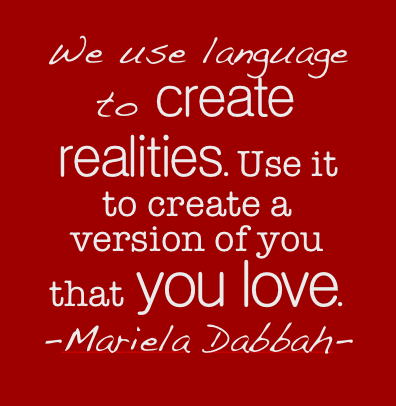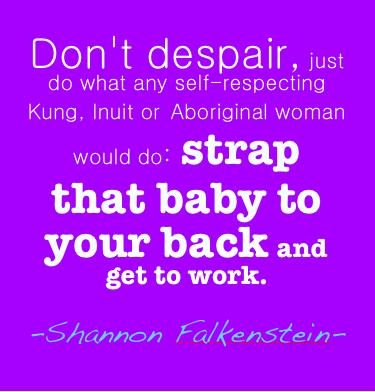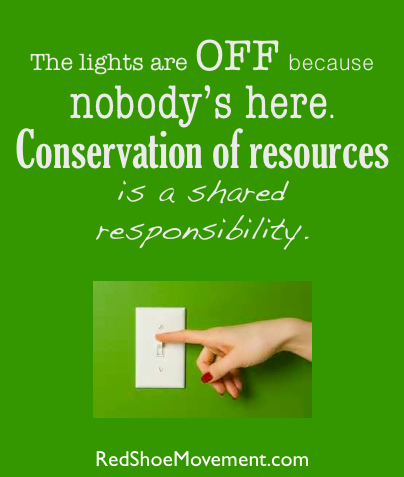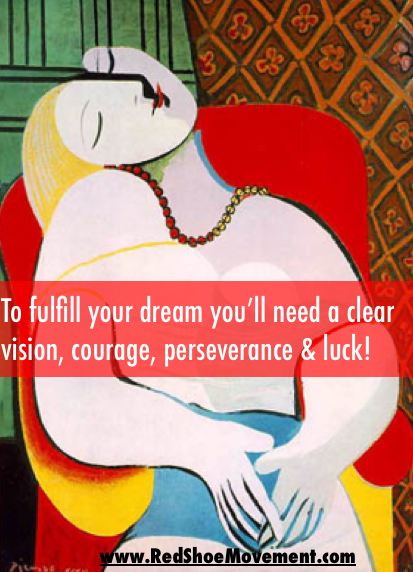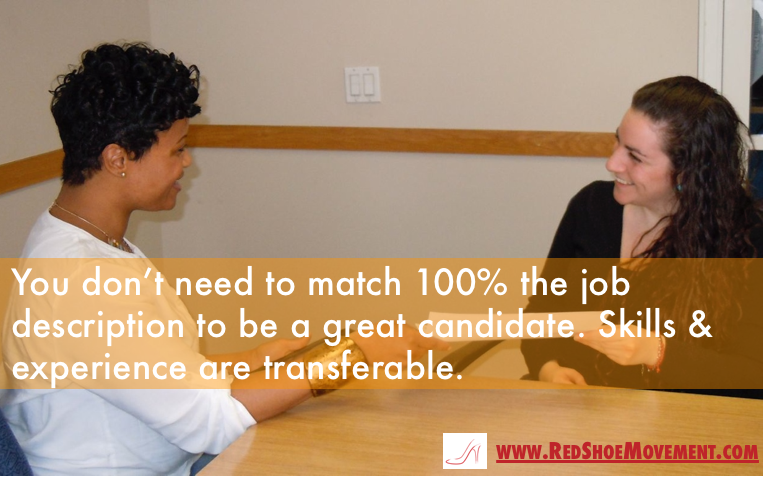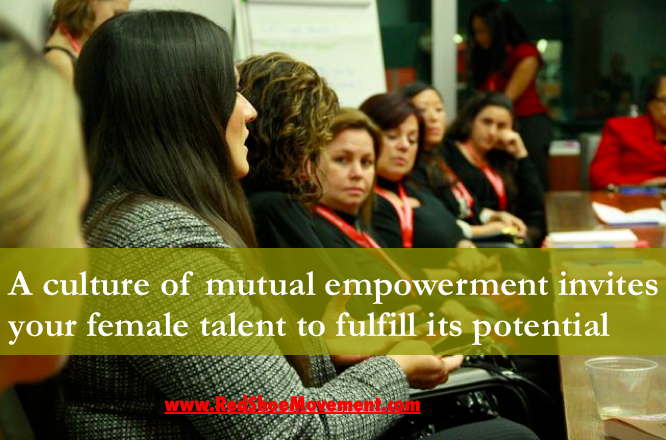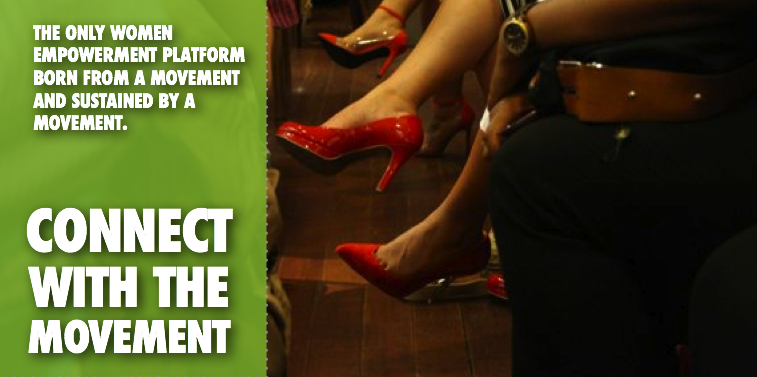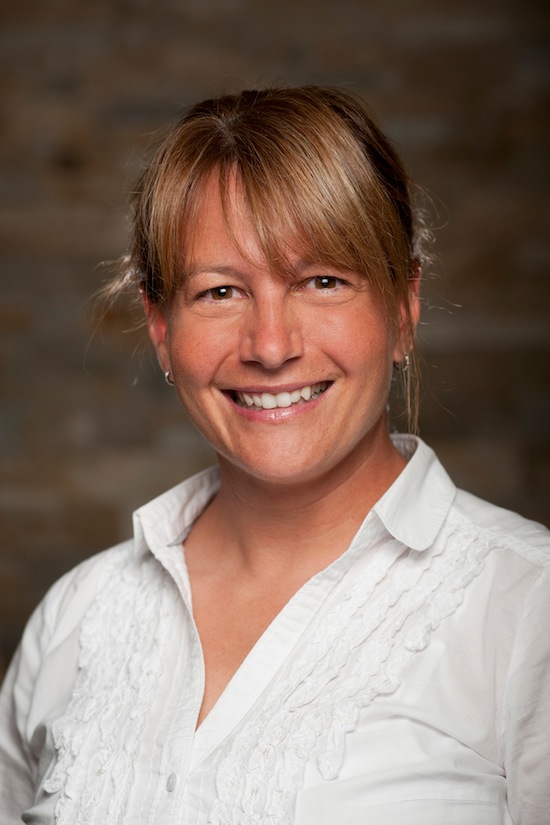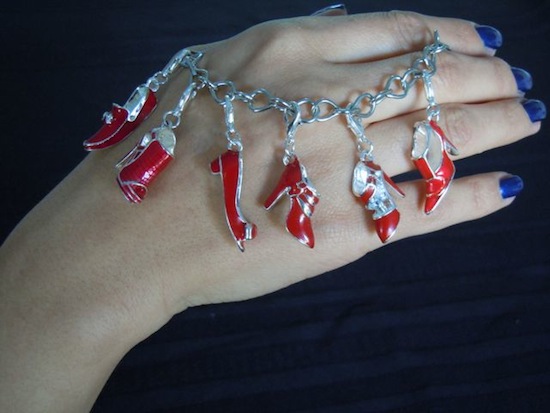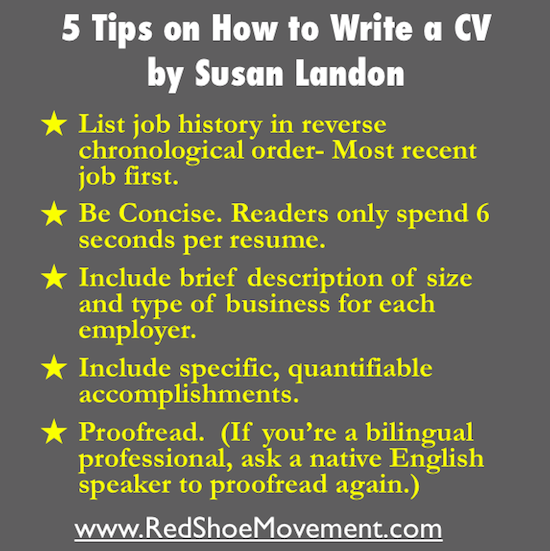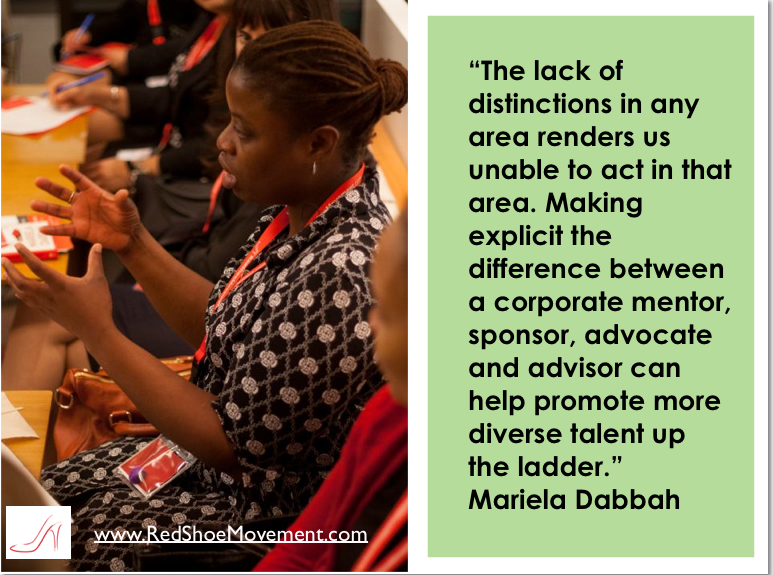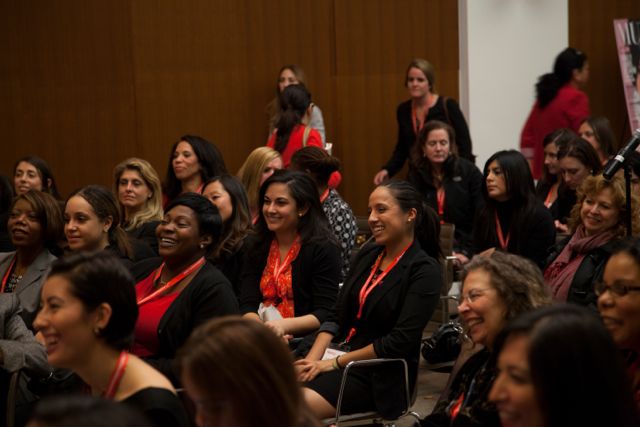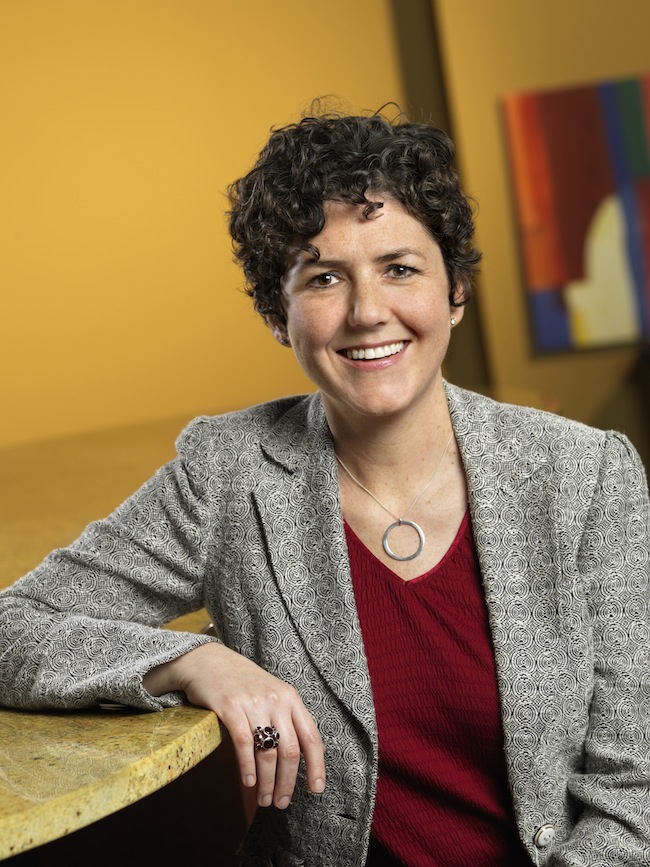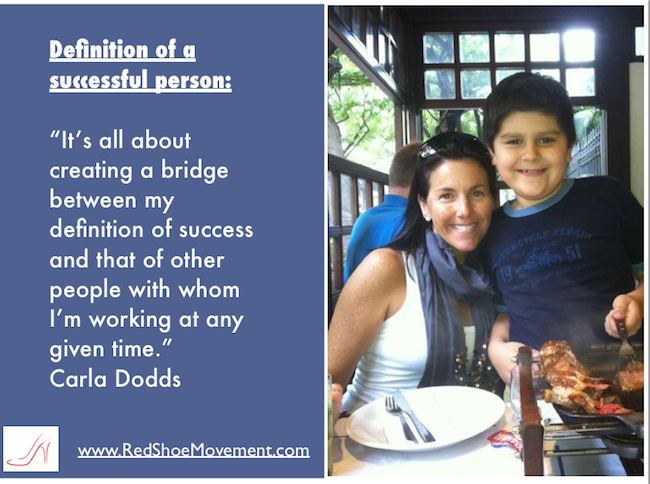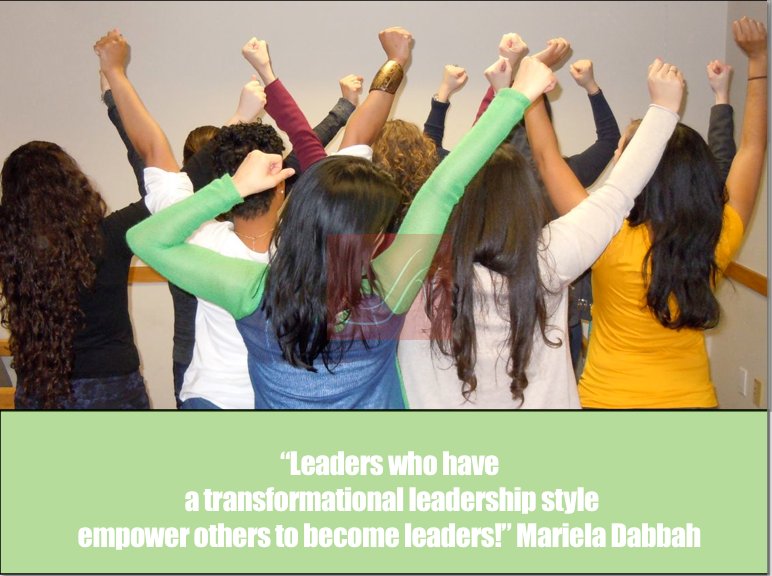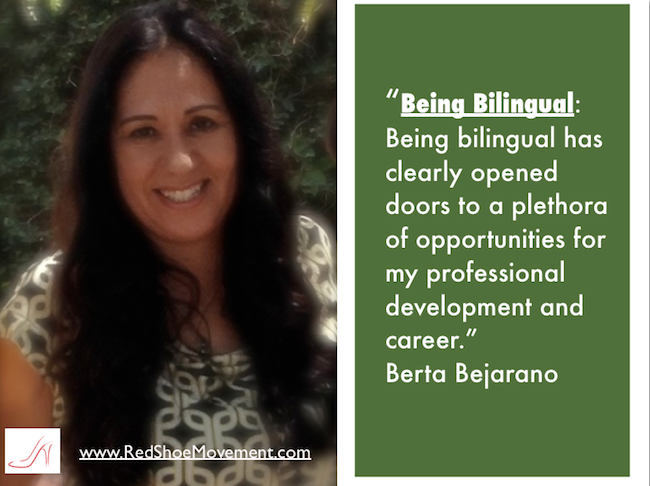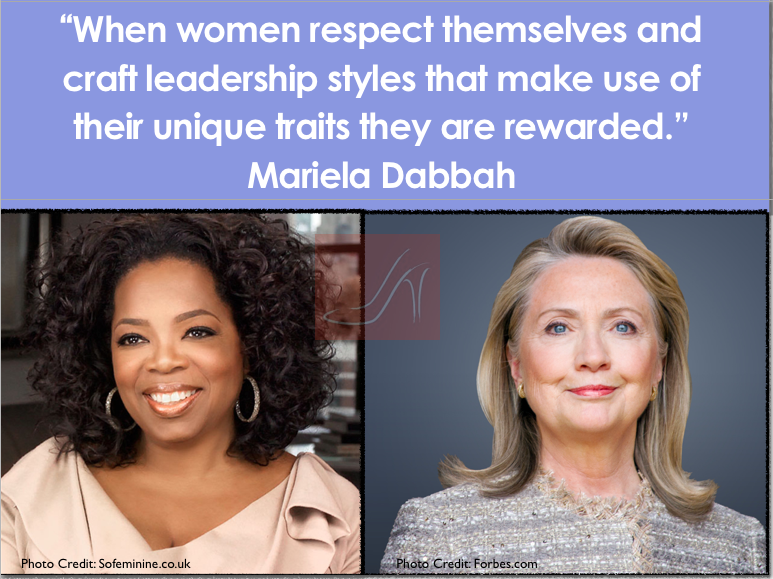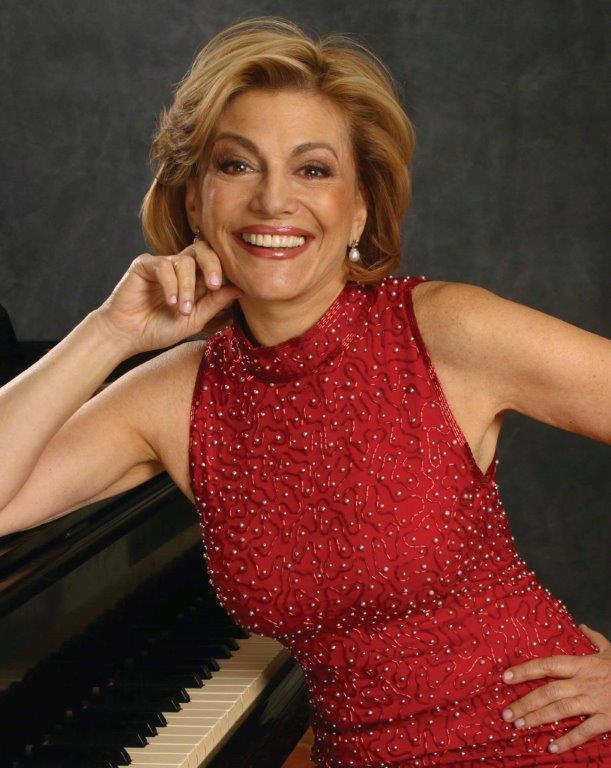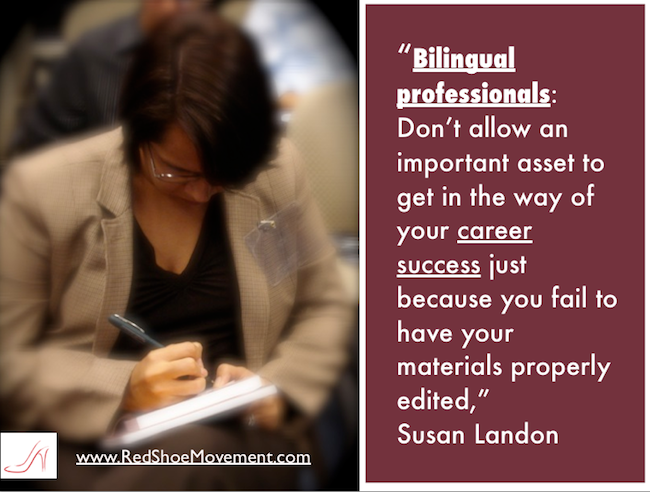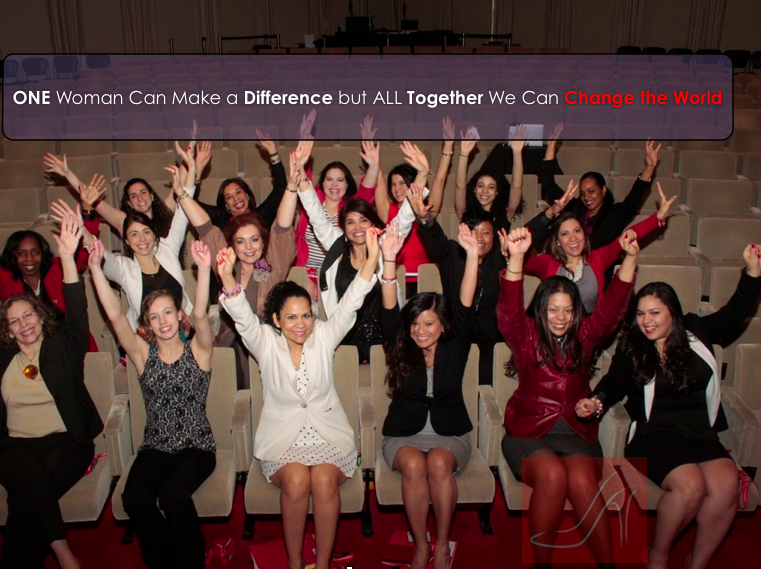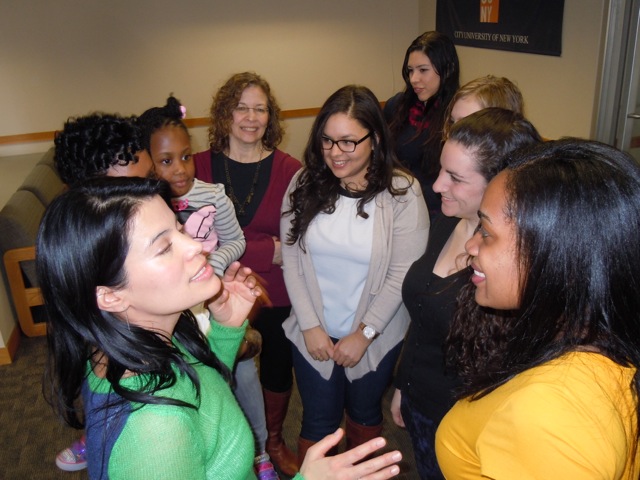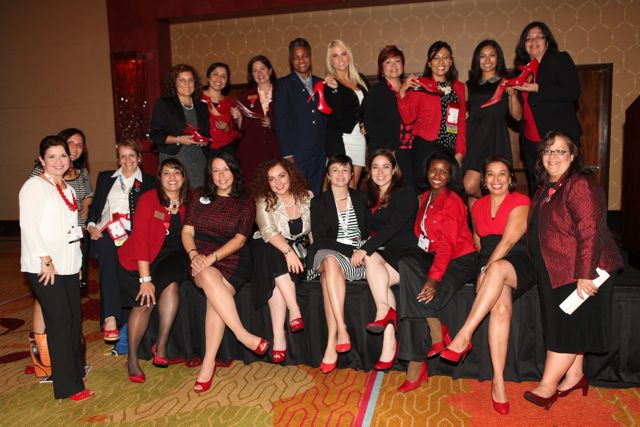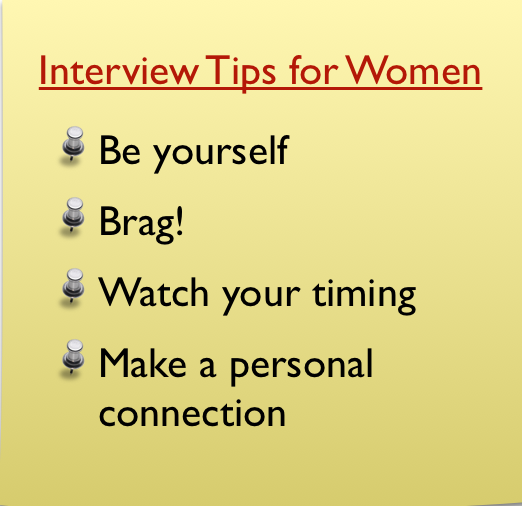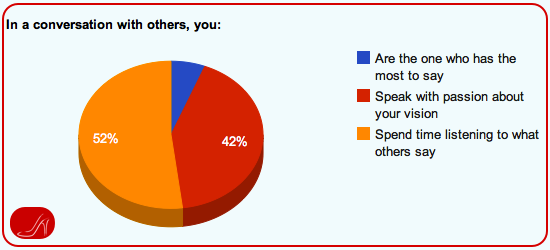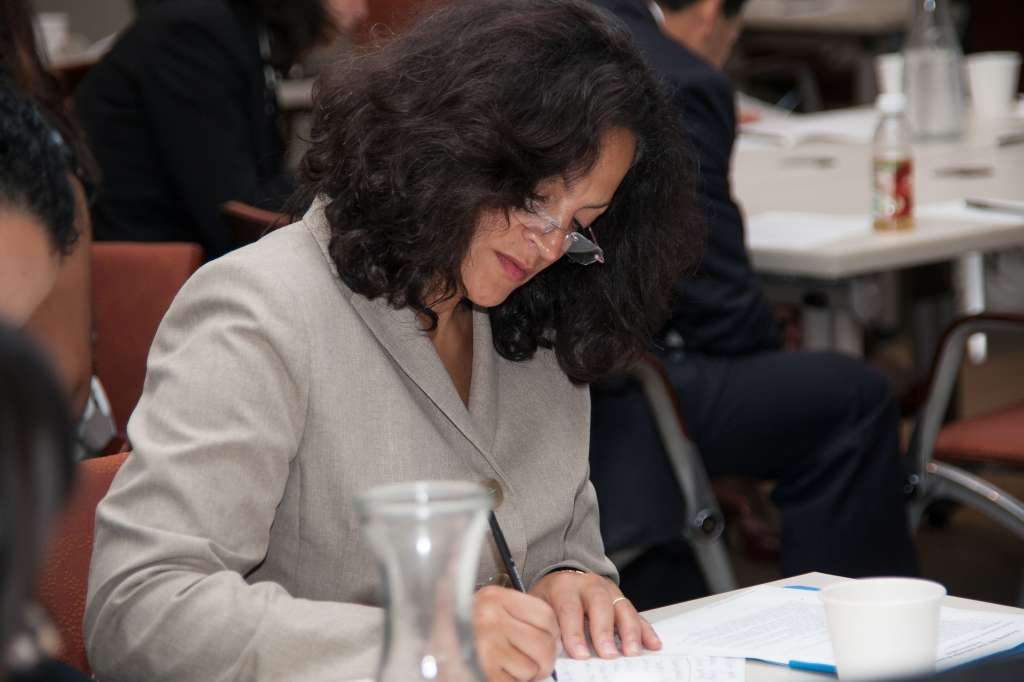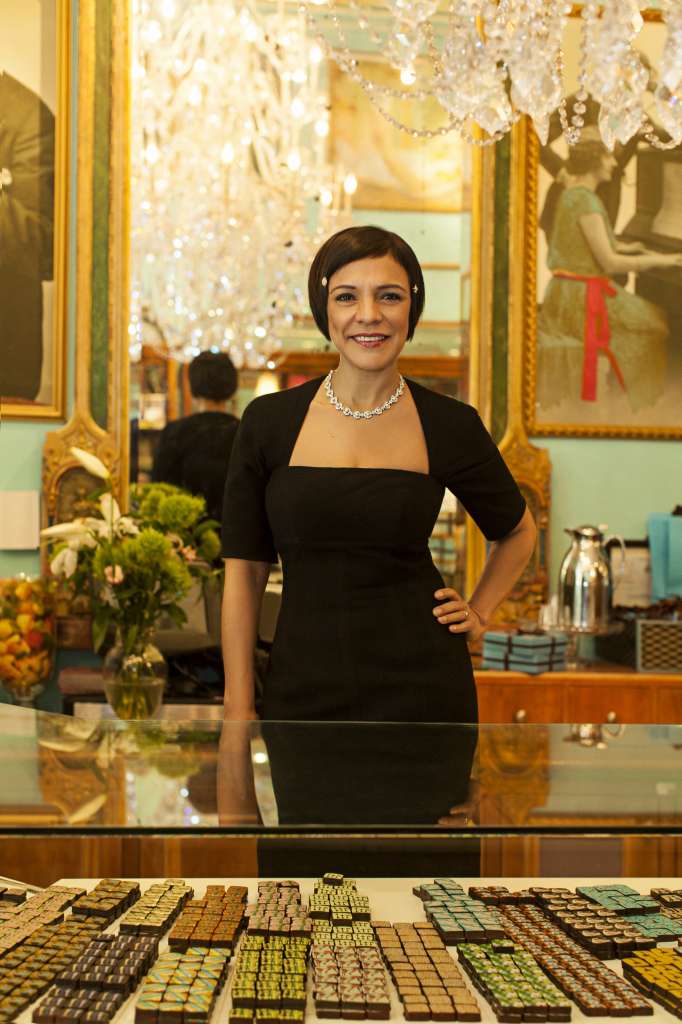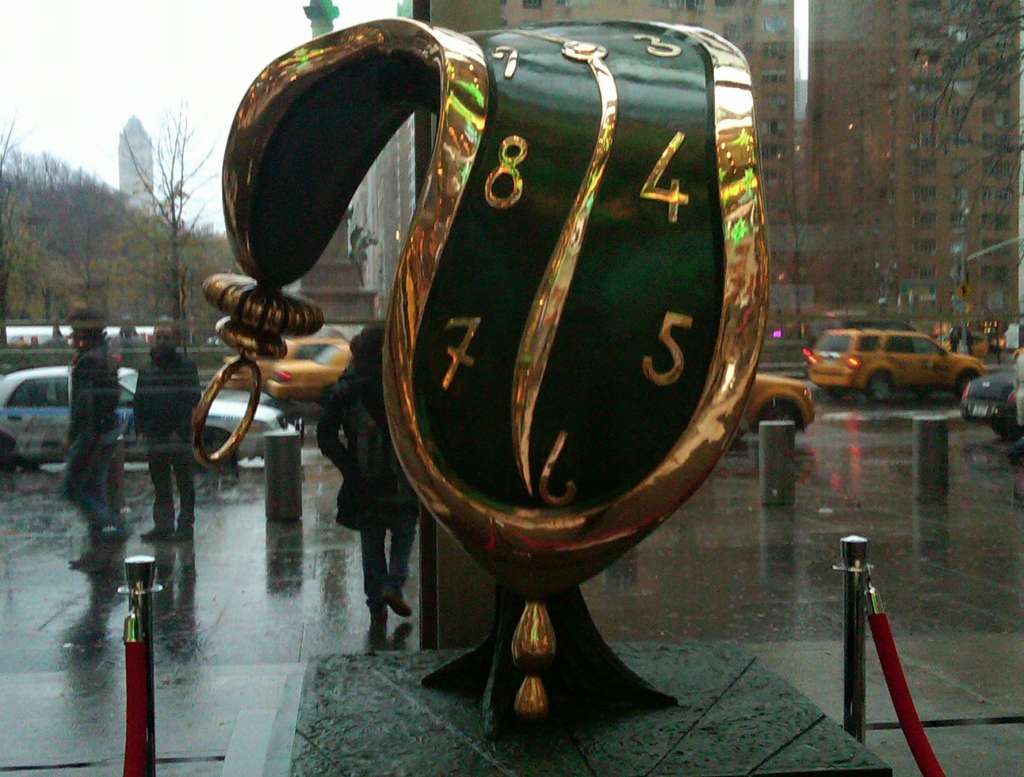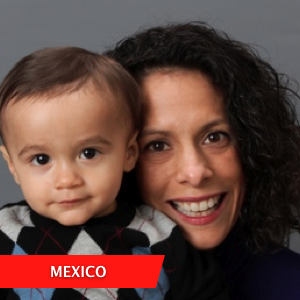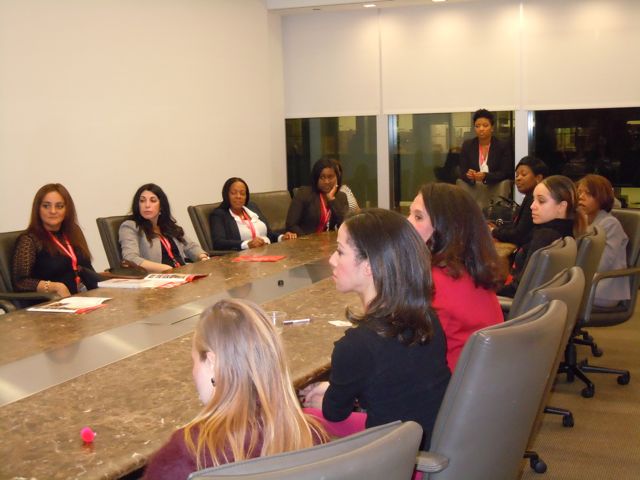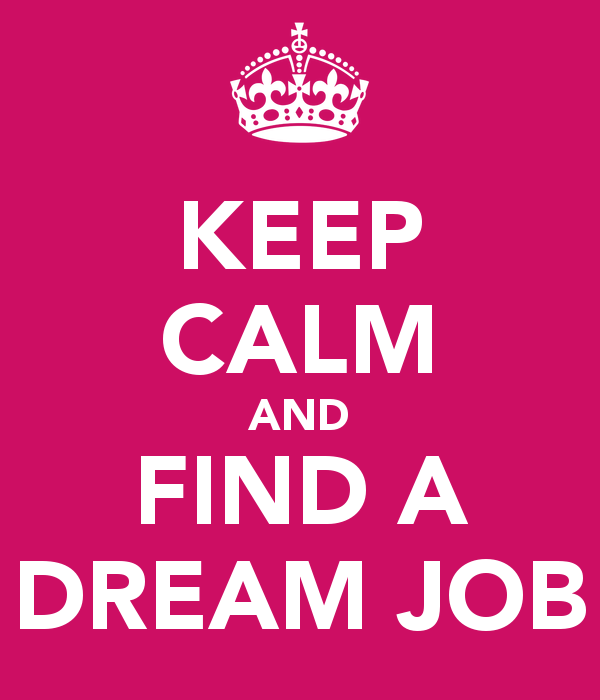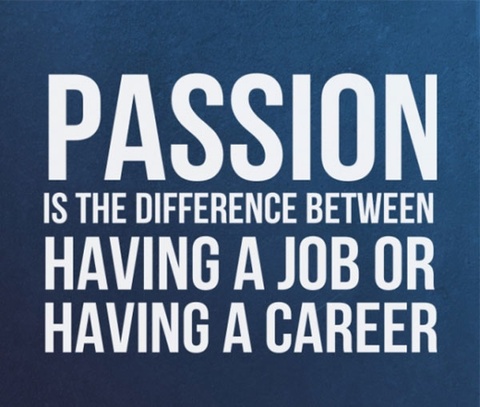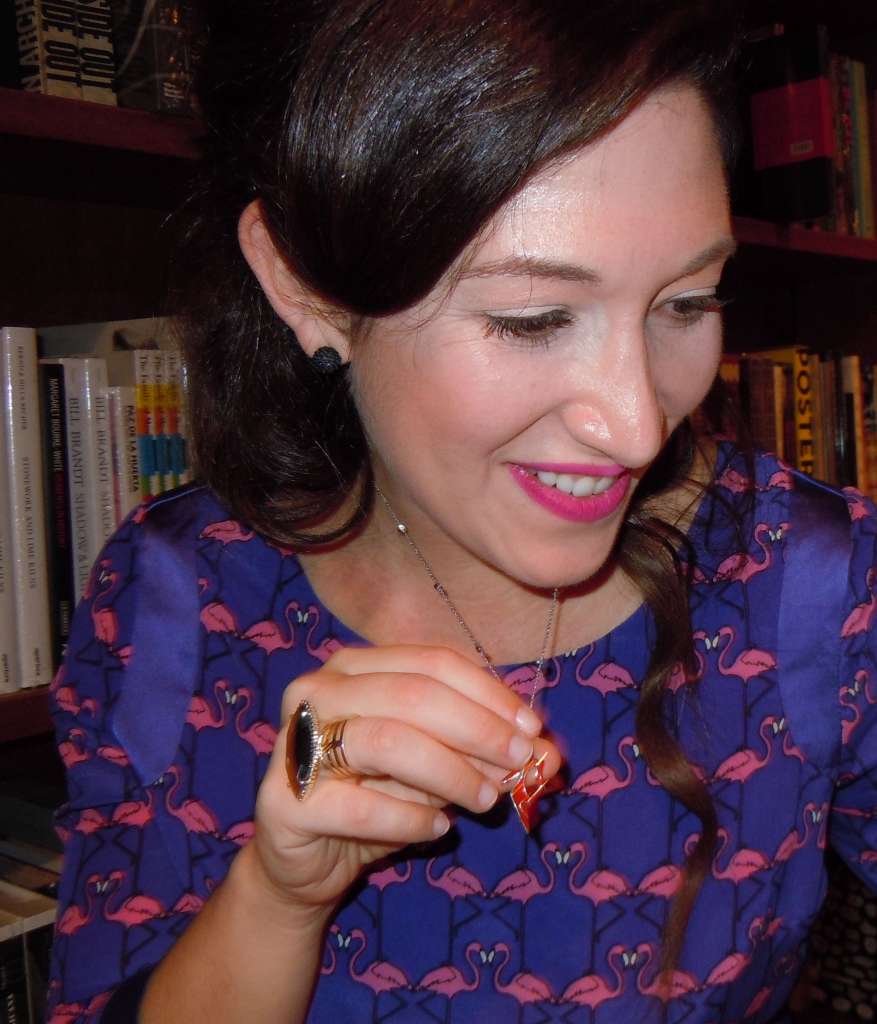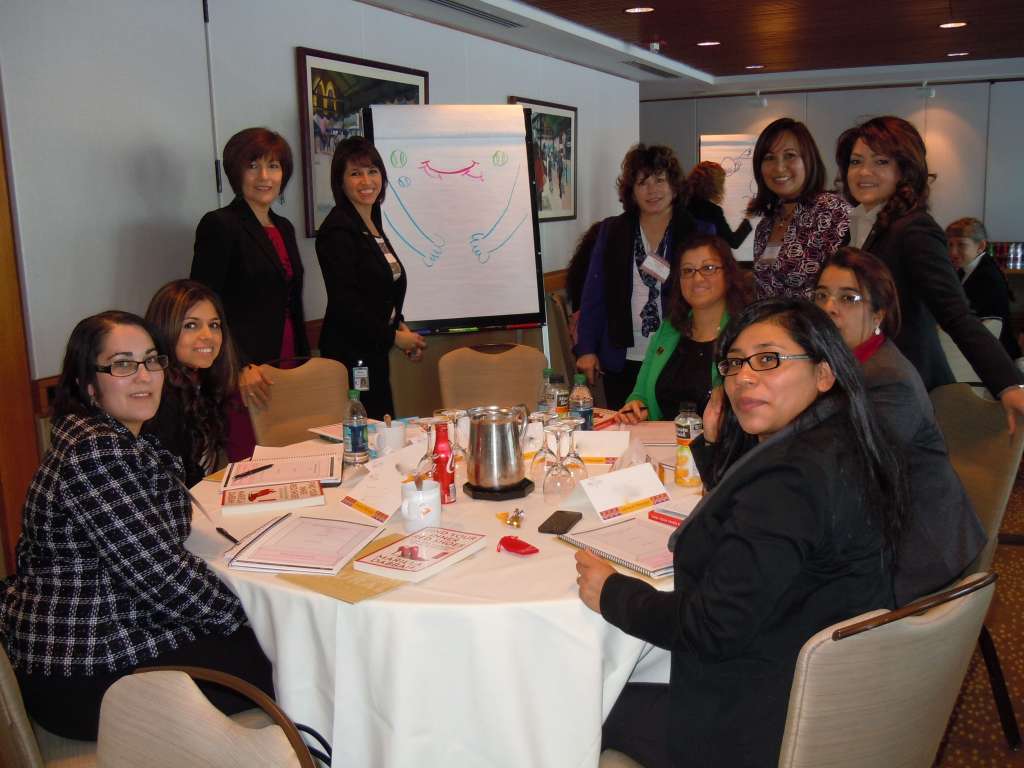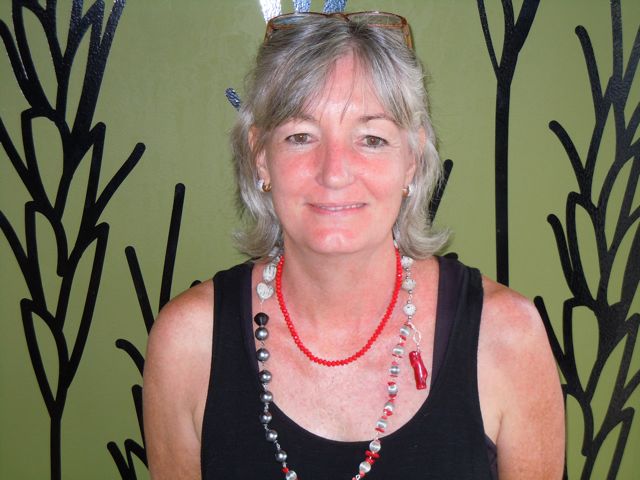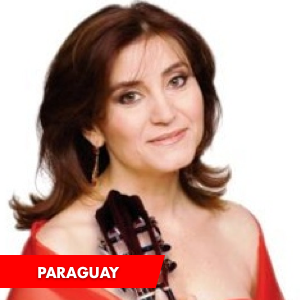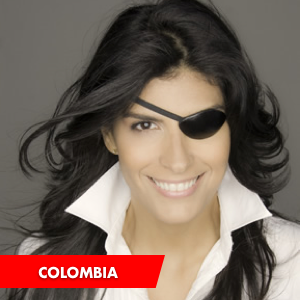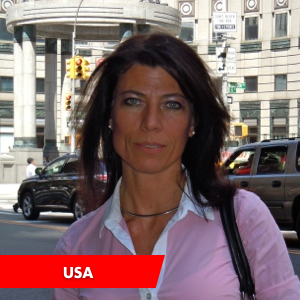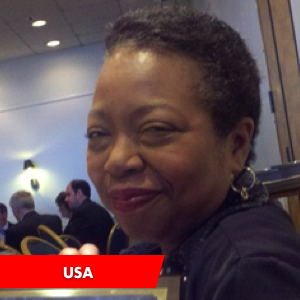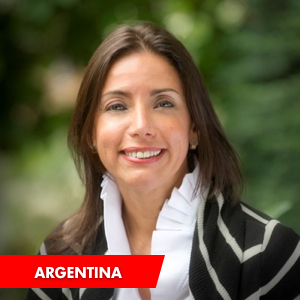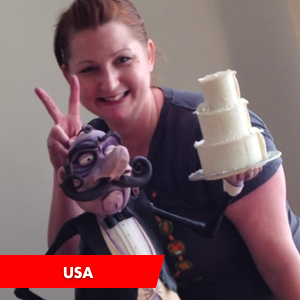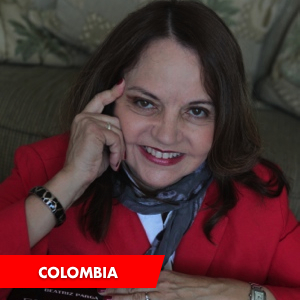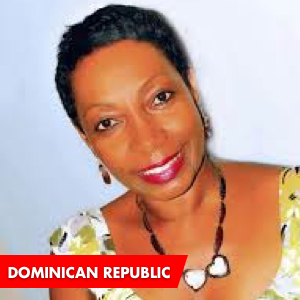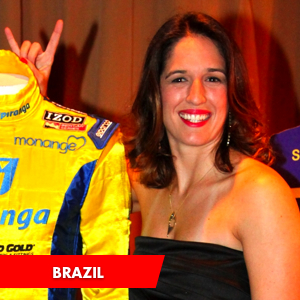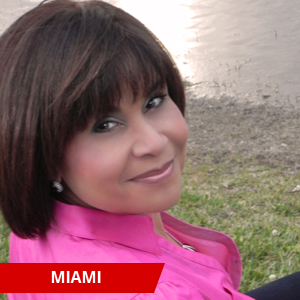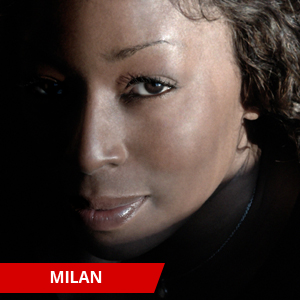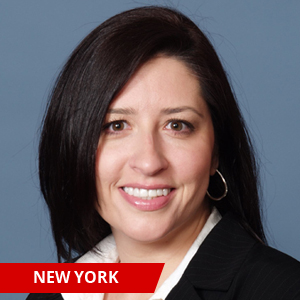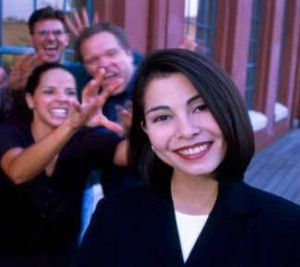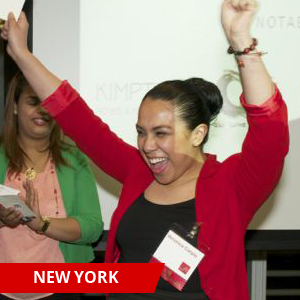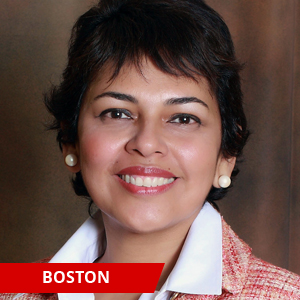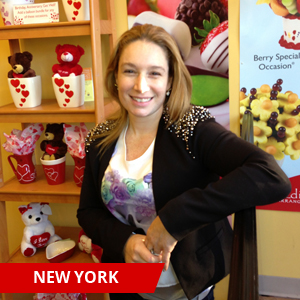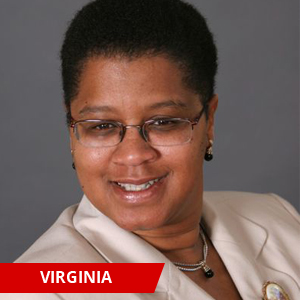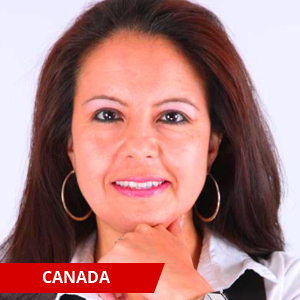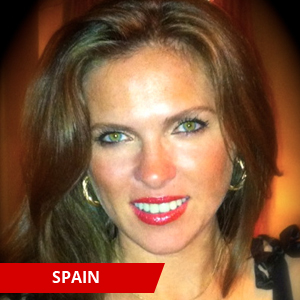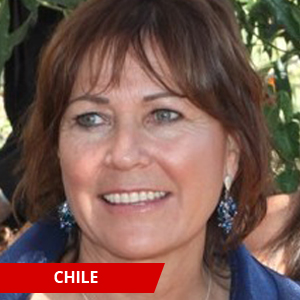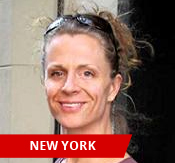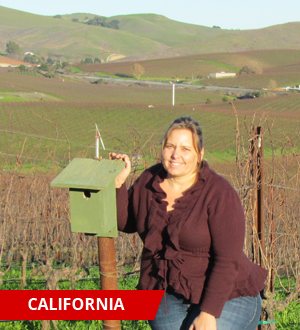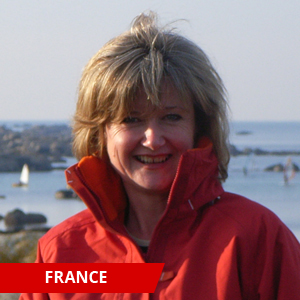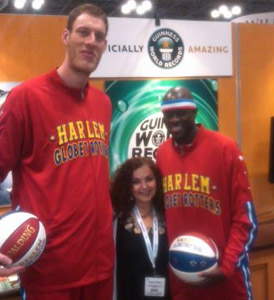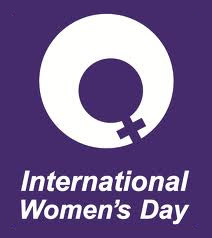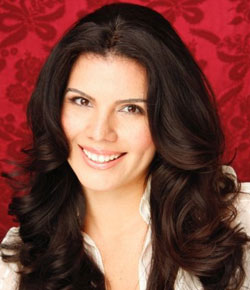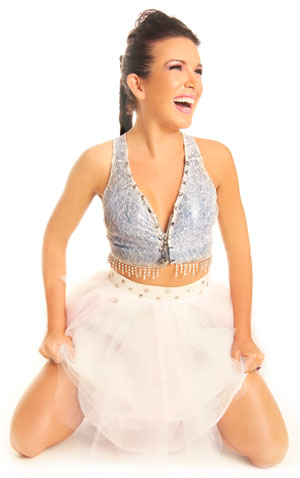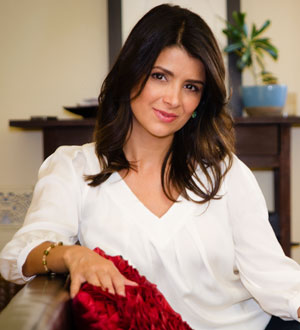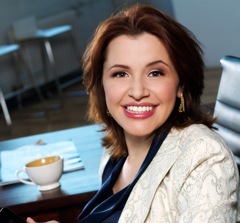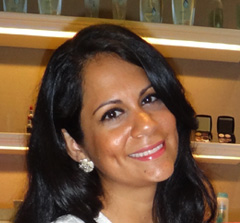The story of a woman surgeon, woodworker & sailor
“I’m an orthopedic surgeon. I like building furniture and sailing. All fields usually dominated by men. I find my passion has never been limited by my gender. I’ve never looked at anything through that lens, until I noticed that others did.”
Dr. Margareta Berg was born in Gothenburg, Sweden where she also went to the University Medical School and obtained her MD in orthopedic surgery and a PhD degree. She has dedicated her life to her passions, which frequently found her in a male-dominated field. Her latest project is her biggest challenge yet and it could save many lives. This could be the story that changes your view on what you can do!
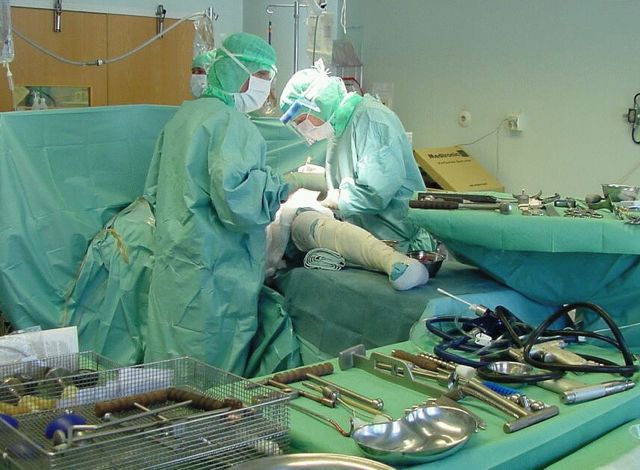
Read more about how to find your passion here.
When we first met, you told me, “An equal opportunity household helped me find my passion.” Could you expand?
When I grew up there was no difference between male and female chores at home. I still don’t know if this was a conscious choice made by my parents, or just a sign of their true nature. My elder brother liked cooking and baking at a very early age, and as a 7-year old I thrived in my father’s simple woodworking studio. One of my favorite hobbies was to carve wood with a very sharp knife, most often holding the piece against my stomach and directing the knife towards my own abdomen. Nobody would have guessed that these early exercises helped me find my passion for orthopedic surgery.
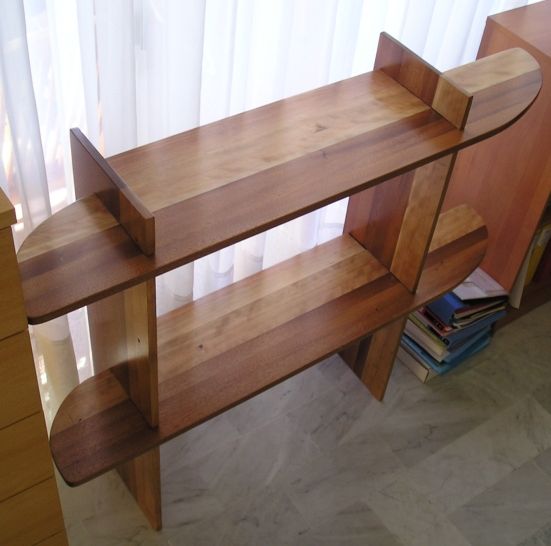
In elementary school in the 1960s we had to choose between sewing or woodworking. As I had sewn my own slacks since I was ten and I liked carpentry, I chose woodworking. I was the only girl out of a thousand students in the class. Of course I was bullied for this choice, even by some woodworking teachers. But I didn’t care, and continued to find my passion in unusual places. I don’t know where this stubborness and strong-will came from. Maybe it was a combination of genes inhereted from my ancestors. I come from powerful men in the iron and steel production and I’m distantly related to the prominent Wallenberg family with ties in most industrial groups in Sweden.
When you were 14 years old you wanted to be a psychiatrist and as you graduated high school with top grades you were able to enter Med school right away. Then, after your “surgery semester” (or rotation) you changed your mind. How did you find your passion for orthopedics?
When the surgery-semester started, students were placed as medical candidates at different surgical wards. It started with three weeks in orthopedic surgery in August 1979. The very first day, not knowing how to scrub or how to behave in an operating room, our supervisor pointed at a friend and me and said, “Our first case is a hip replacement and you will be my first and second assistants.” We were both thrown into the OR and did as we were told. Now, remember that back in 1979 a hip replacement was a much longer procedure and not the kind of “assembly line” we know today. During those few weeks we assisted in all kinds of orthopedic surgery, even in children.
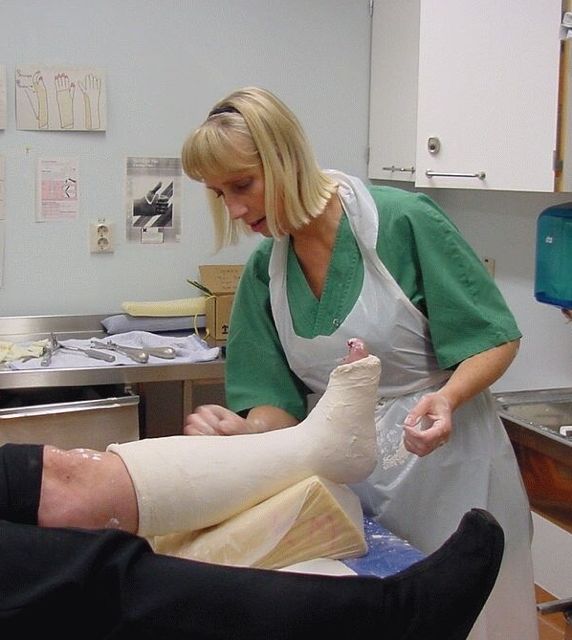
After my three weeks rotation in orthopedics I did find my passion. So I changed my mind. I wouldn’t be a psychiatrist but an orthopedic surgeon.
Did you realize you were entering a male dominated field?
There was not a second of hesitation or any thoughts whatsoever about this profession being a “male” or “female” occupation. I just wanted to do something I liked, instead of spending my lifetime in a specialty with better working hours but for which I had no passion.
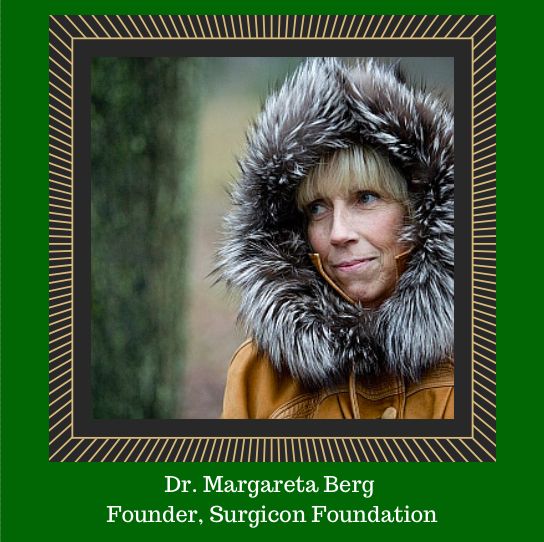
The first time I realized that just being a female resident in orthopedic surgery was a provocation, was at age 30. It felt like I was being interviewed nearly every day at work when people asked me:
“How do you feel about being a woman in orthopedic surgery?” To which I’d usually answer:
“Well, how should I know? I don’t know how it feels to be a man in orthopedic surgery.”
So from the very beginning I entered the field completely free of any preconceptions. I just did my job, as everybody else. It took me several years to understand that it was something special to be a woman in this profession. The gender question was thrown at me after I had already been in this field for a while. Why couldn’t I be left in my innocent, equal world? The truth is that if I had known this reality from the start, it would certainly have given me second thoughts about this specialty.
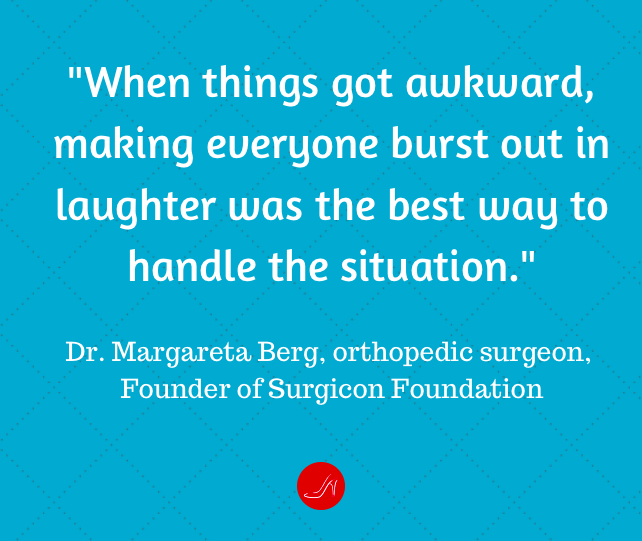
You might enjoy reading “Women mentors: A group of surgeons like no other”
Were you treated differently because you were a woman?
I was bullied, almost every day. But this just helped me develop a very useful method to defend myself: A very rapid, sharp and efficient sense of humor. I did not want to raise my voice for fear of being seen as a bitch, and I did not want to cry (as I never do) showing a useless weakness. When things got awkward, making everyone burst out in laughter was the best way to handle the situation.
This film director is another powerful woman in a male-dominated field. Don't miss her story!
You worked hard and yet you found time to continue to find your passions elsewhere. Tell us about that.
I spent days and nights at work, just to learn, doing a lot more hours than expected. I would usually go home at 7 or 8 PM, had a rest, and then returned to work until midnight.
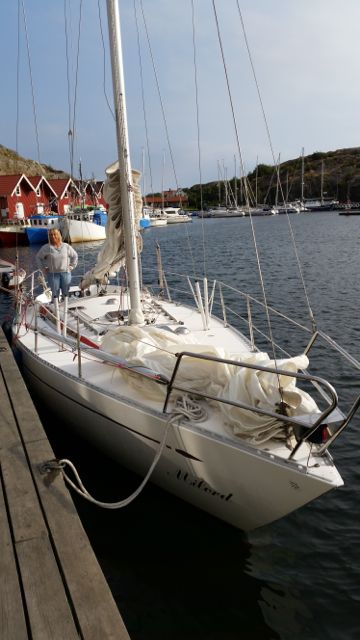
But I also needed to unwind. So, faithful to my habits, I did this wholeheartedly. During Med School I had saved all my student loans for eleven semesters by working on weekends to support myself. In 1980 I made a large withdrawal and bought a 26 ft sailing boat. (I had been sailing with my family since I was a child.) It took a week of being all alone on the boat to get back to normal sleep and to feel well rested. As the boat had no engine I developed the technique of entering and leaving harbors and desert creeks by sail during ten years. To some people, this was a strange thing for a single woman do to. And I find my passion for woodwork is still alive today in my furniture-making.
You shared with me that through your career one of your ongoing concerns had been the standarization of practical surgical training. How did that become your latest project and passion?
Well, trying to continue to find my passion in surgery led me to something I had been observing for years.
By 2010 I had spent 30 years in orthopedics. I had observed the lack of structure in surgical training and also I had experienced the differences in quality of surgical training and the potentially harmful consequences of this differences. So I decided that we needed to do something about it. I contacted key colleagues in my own network of surgeons across the world and organized a two-day brainstorming meeting in September 2010 in Howth, Ireland. Along with a group of leaders in surgery we decided to create the Surgicon Project.
What exactly is the Surgicon project and why is does it matter so much to you?
Surgicon is a worldwide network of leaders in surgery with a common interest in Surgical Training and Equalized International Certificates of Surgical Skills. There is a high incidence of surgical errors that are a direct result of the lack of a structured surgical training. In general, across the world, a surgical resident is placed with an attending surgeon who functions as a mentor for 4 or 5 years. After that period he/she becomes a “specialist.” Yet there is a lack of standardized curriculum during this learning period and different attending surgeons teach different things to their residents. Consequently, many preventable mistakes take place and even lives are needlessly lost.
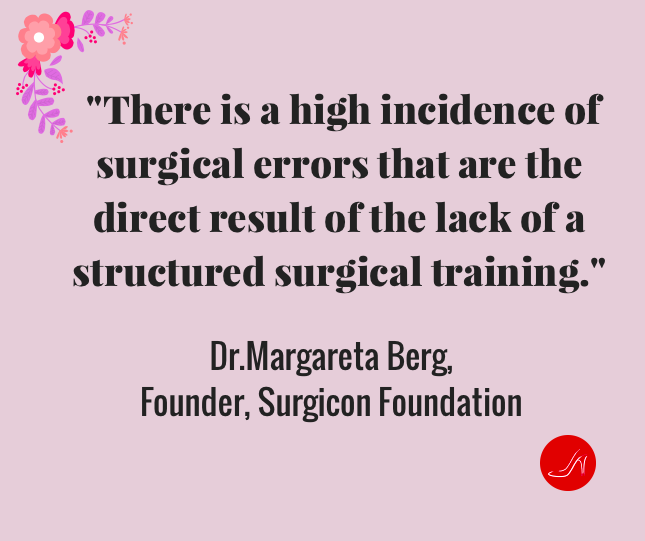
A 2008 Swedish retrospective study of medical records showed 105,000 injuries caused by hospital care in one year of which nearly 50% were related to surgery. Of the total number there were 3,000 deaths, all in a population of 9 million inhabitants. Each injury resulted in a prolonged hospitalization of an average of 6 days.
Surgicon held two congresses in 2011 and 2013. The delegates called them “The Davos for Surgeons” due to the high concentration of world surgical leaders in the same geographical spot for several days. In 2012 the non-profit Surgicon Foundation was created with the goal of creating the needed curriculum to standardize surgical training and drastically reduce preventable mistakes and deaths. In 2013 Surgicon was invited to collaborate with the World Health Organization.
What do you need to move this passion forward?
Everytime I find my passion, I invest all my efforts, time, energy and money into it. This is no different. I’ve spent the last five years working overtime just to organize these two major medical congresses and I’m now involved in fundraising to create the curriculum. We are looking for corporations, non-profit organizations, and governments interested in taking this project to the next level. It will highly benefit patients and their families around the world. And it will help drastically reduce medical costs.
You can connect with Dr. Margareta Berg via:
Twitter: @SurgiconProject
Email: congress@surgicon.org
Website: www.surgicon.org

























































